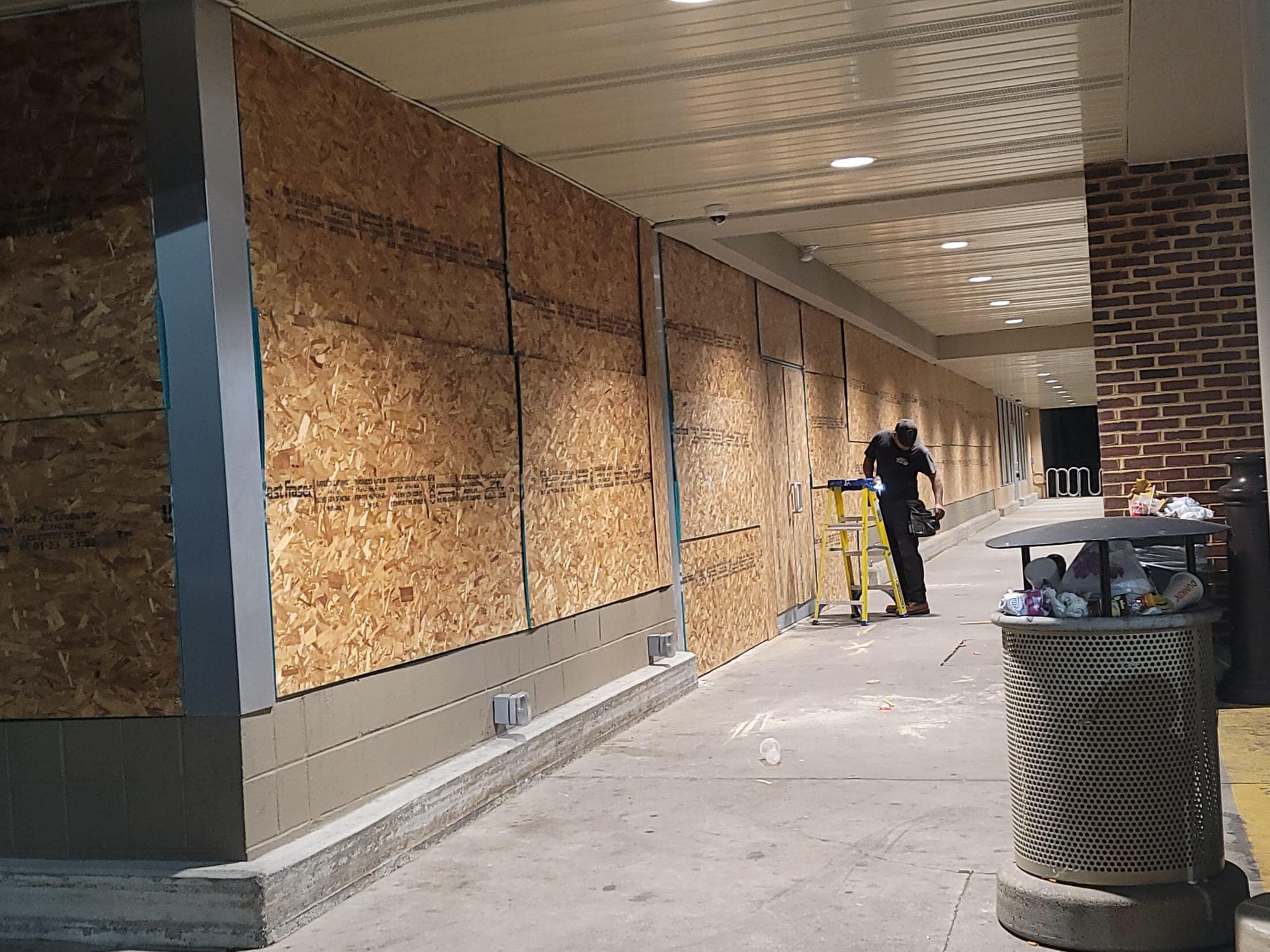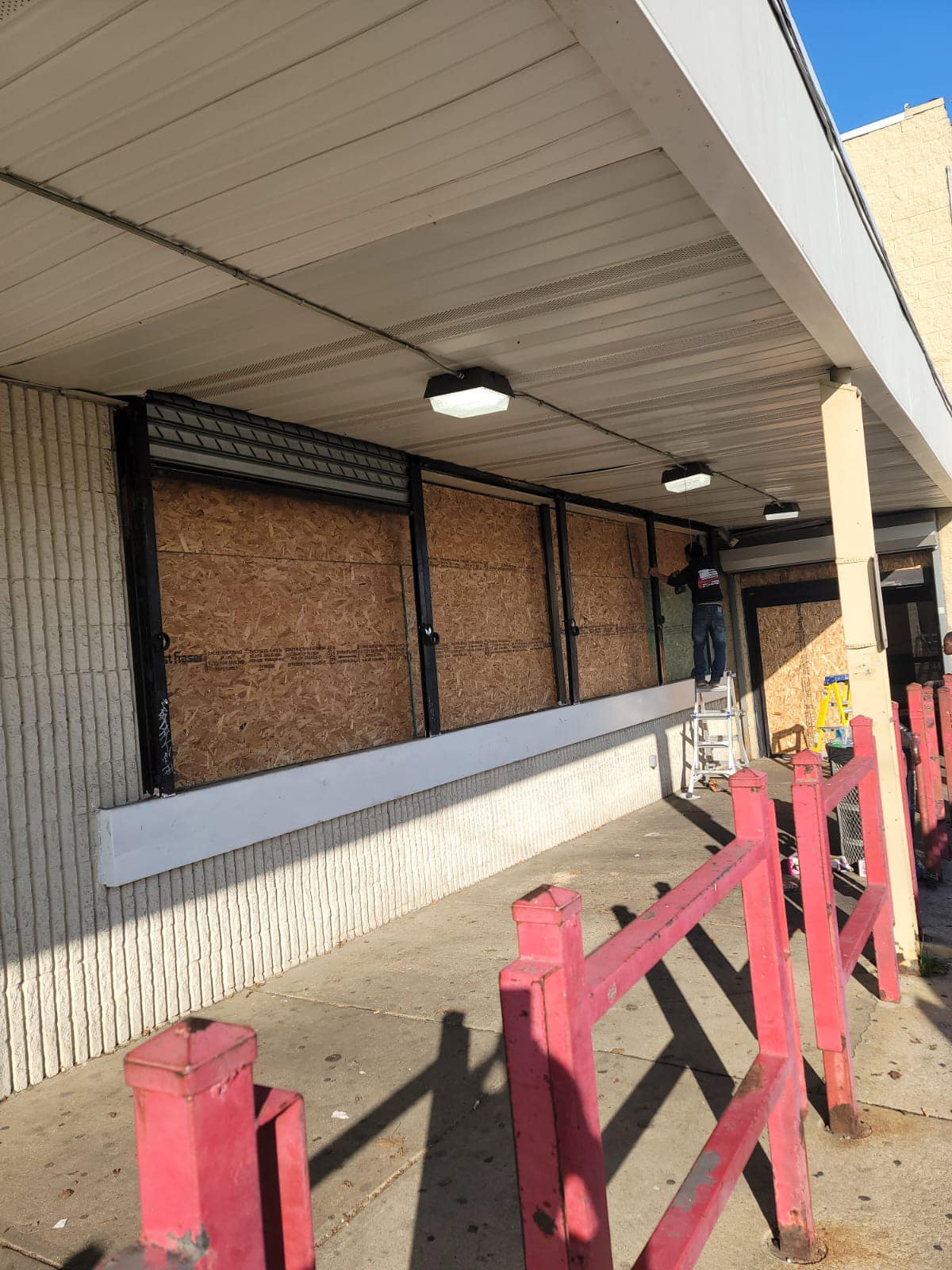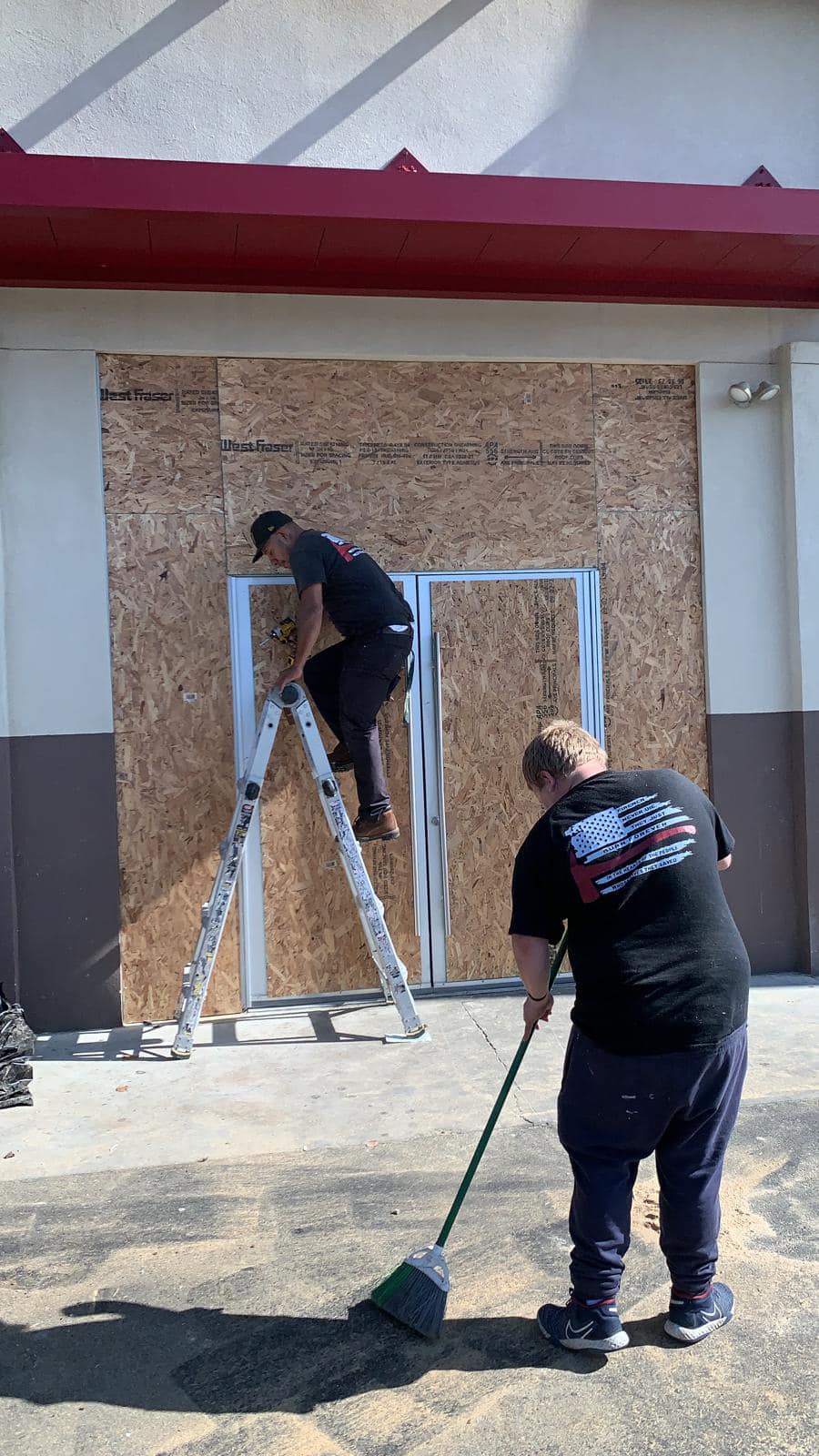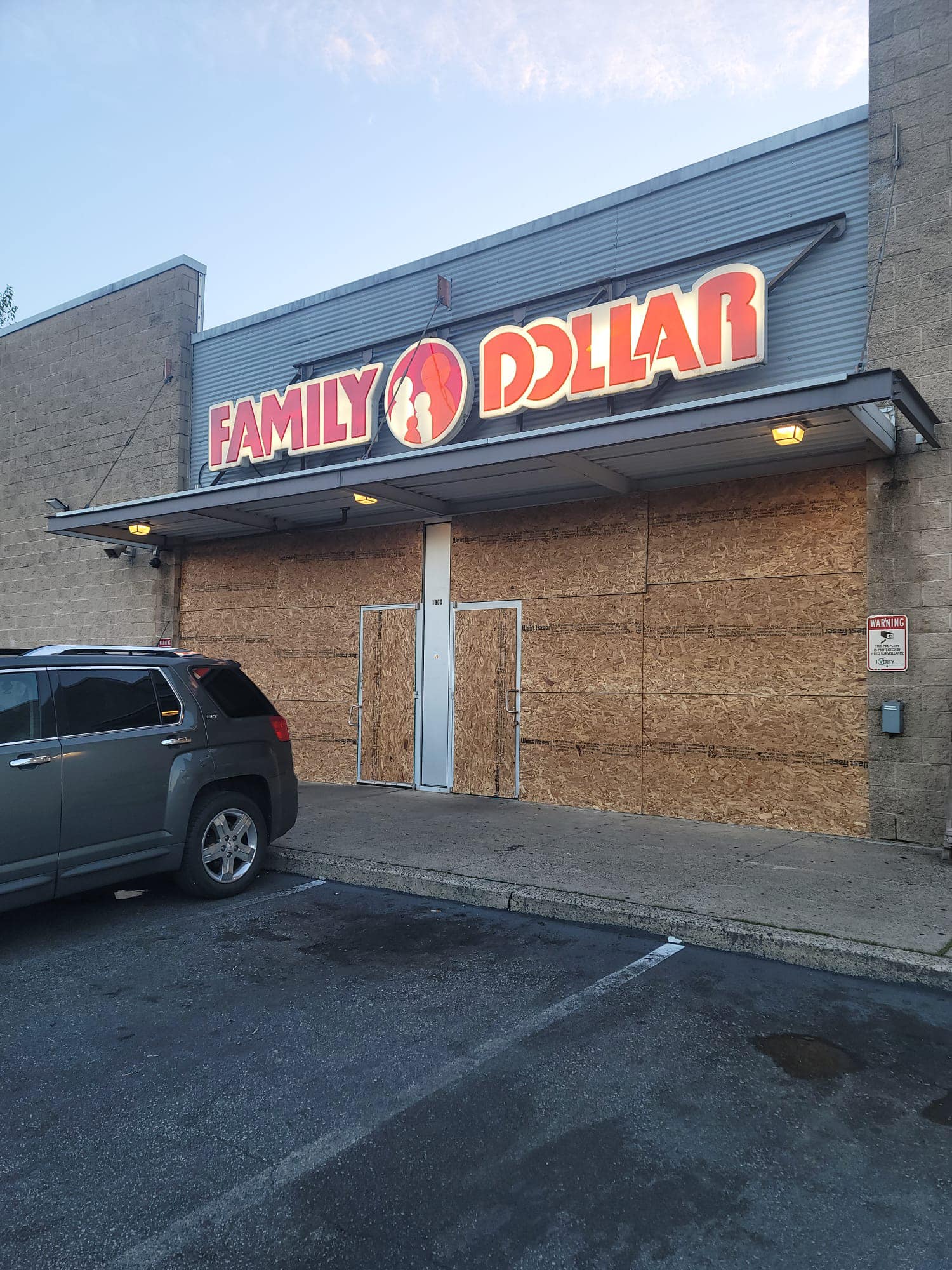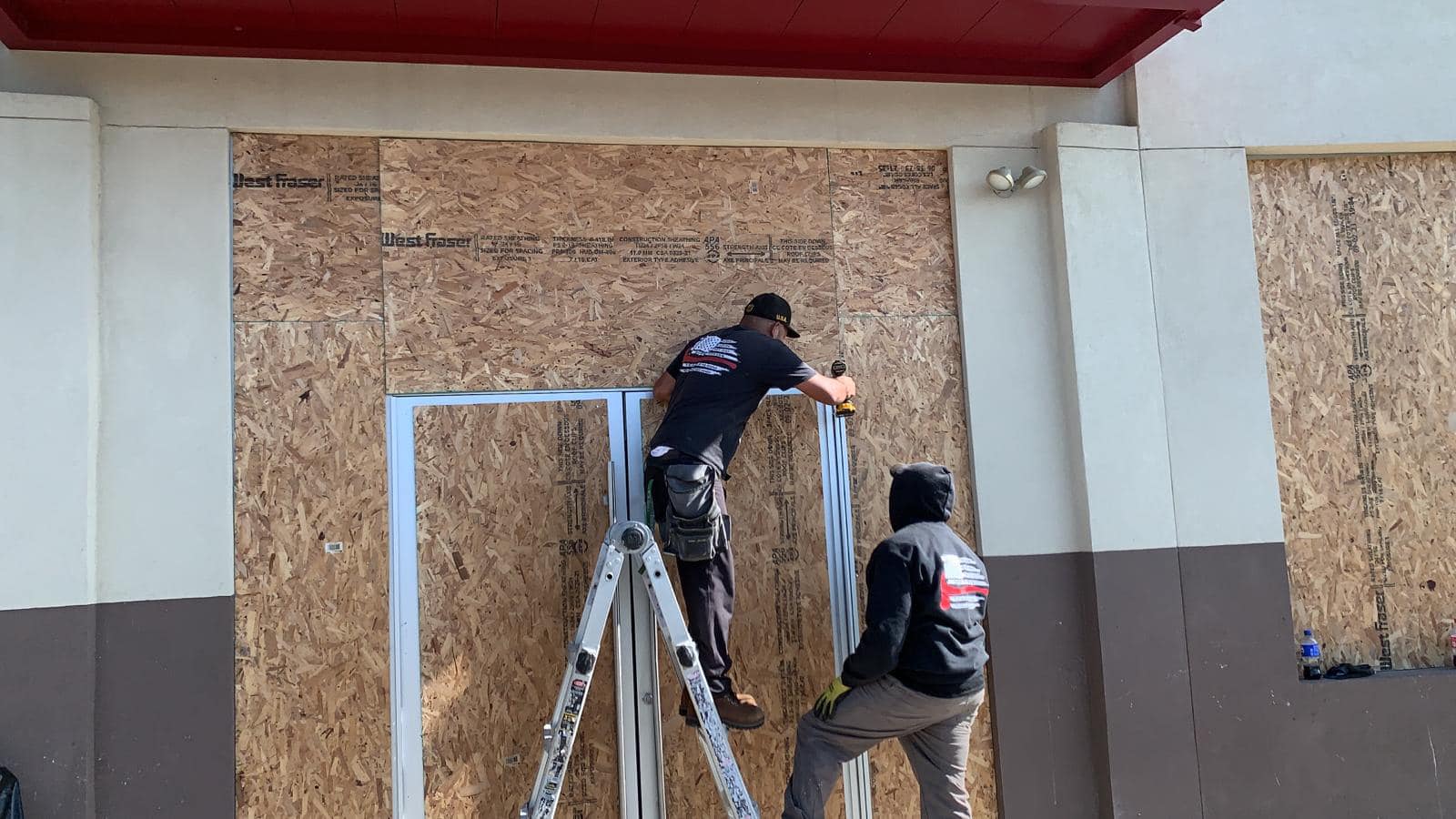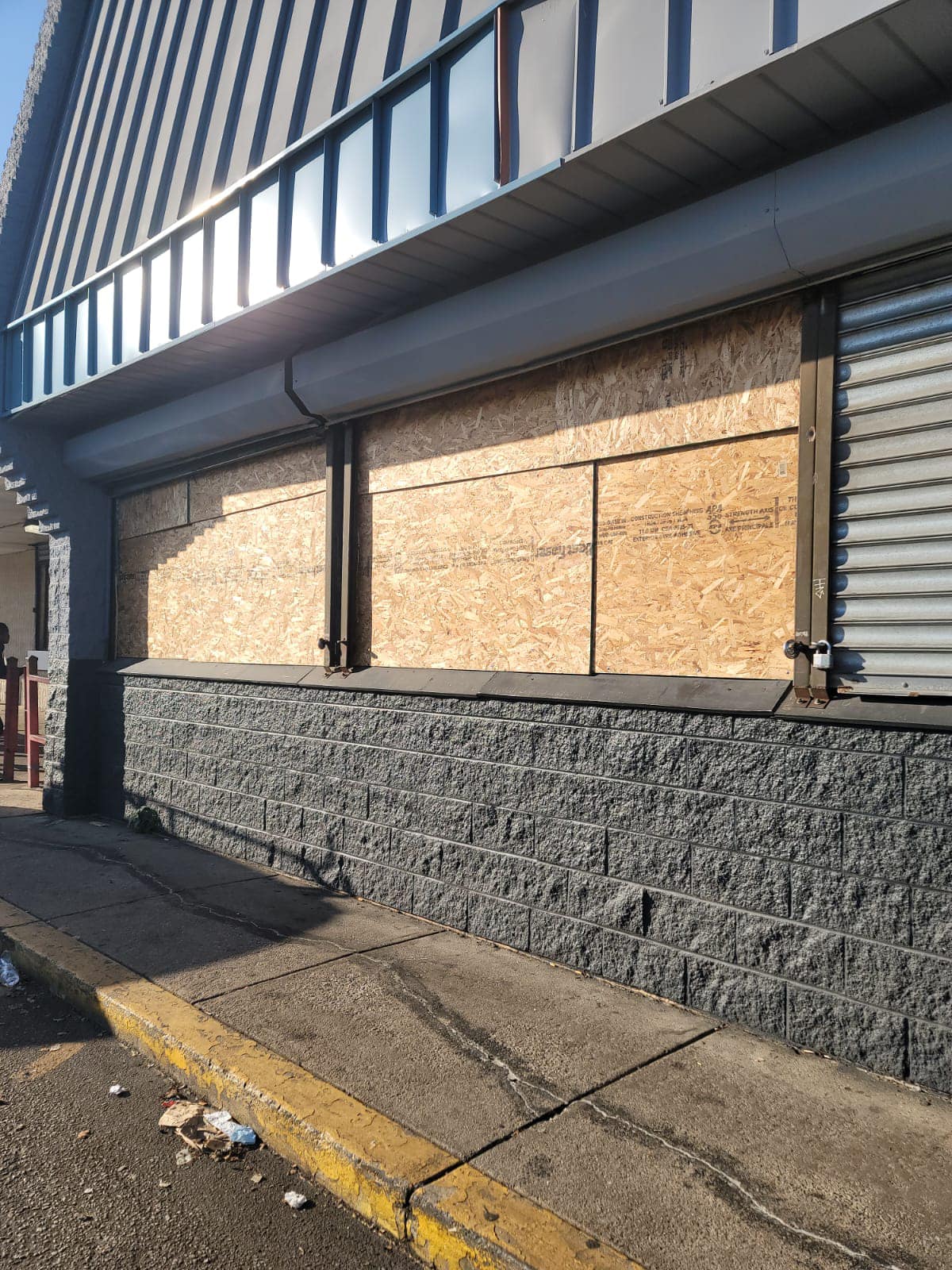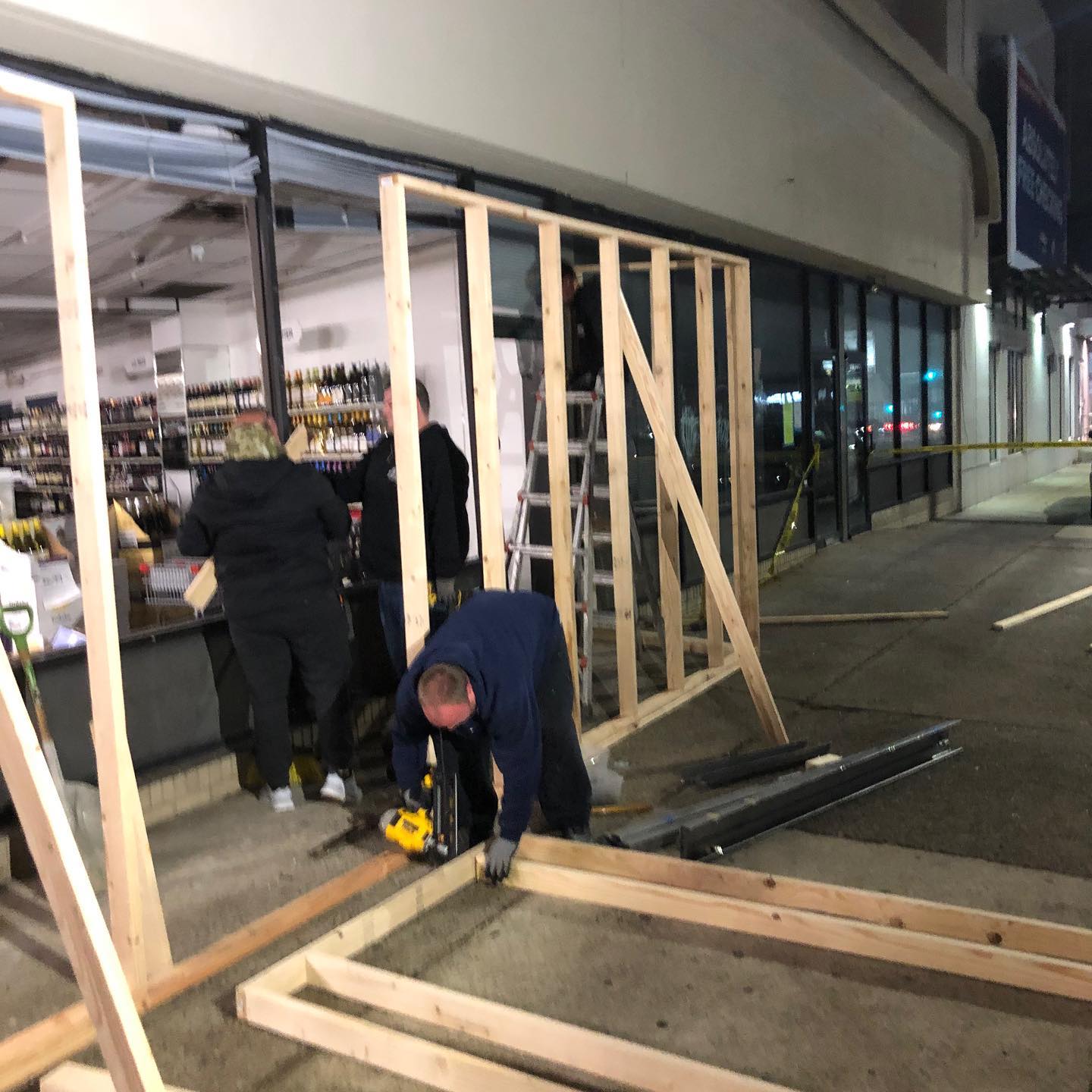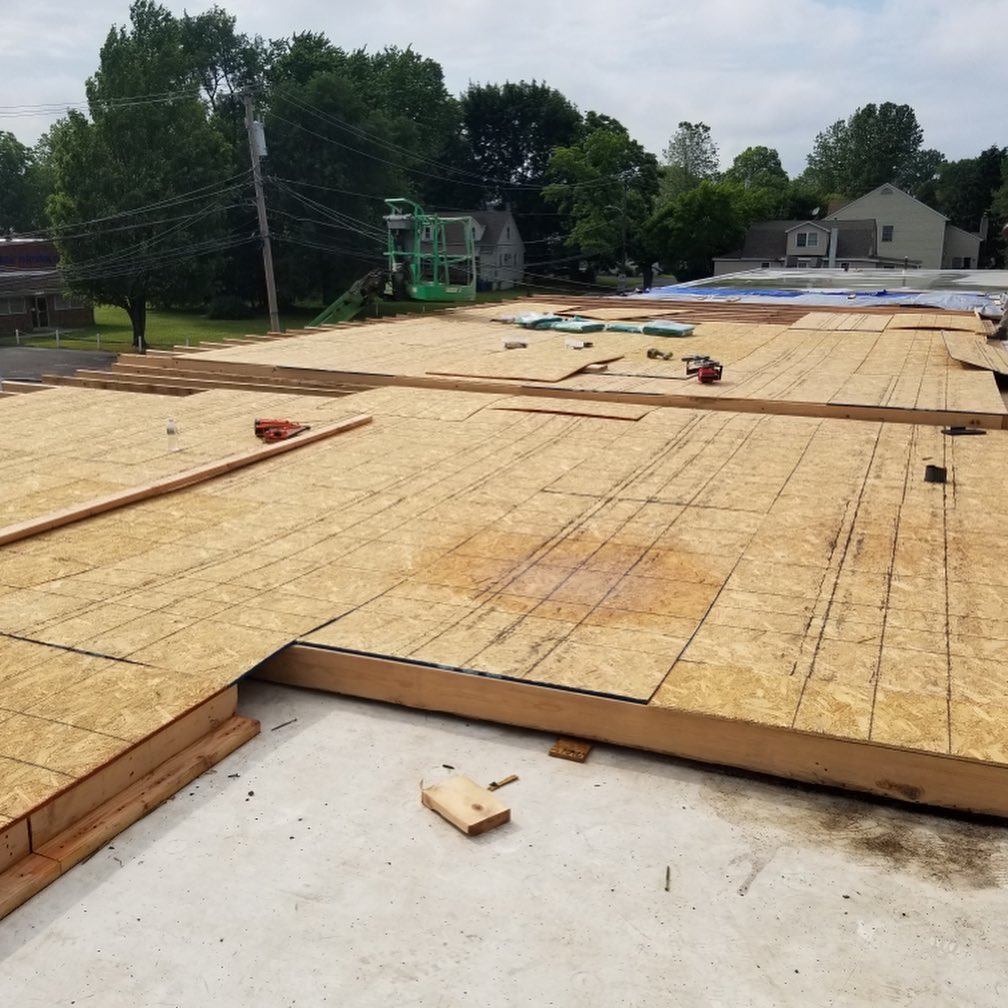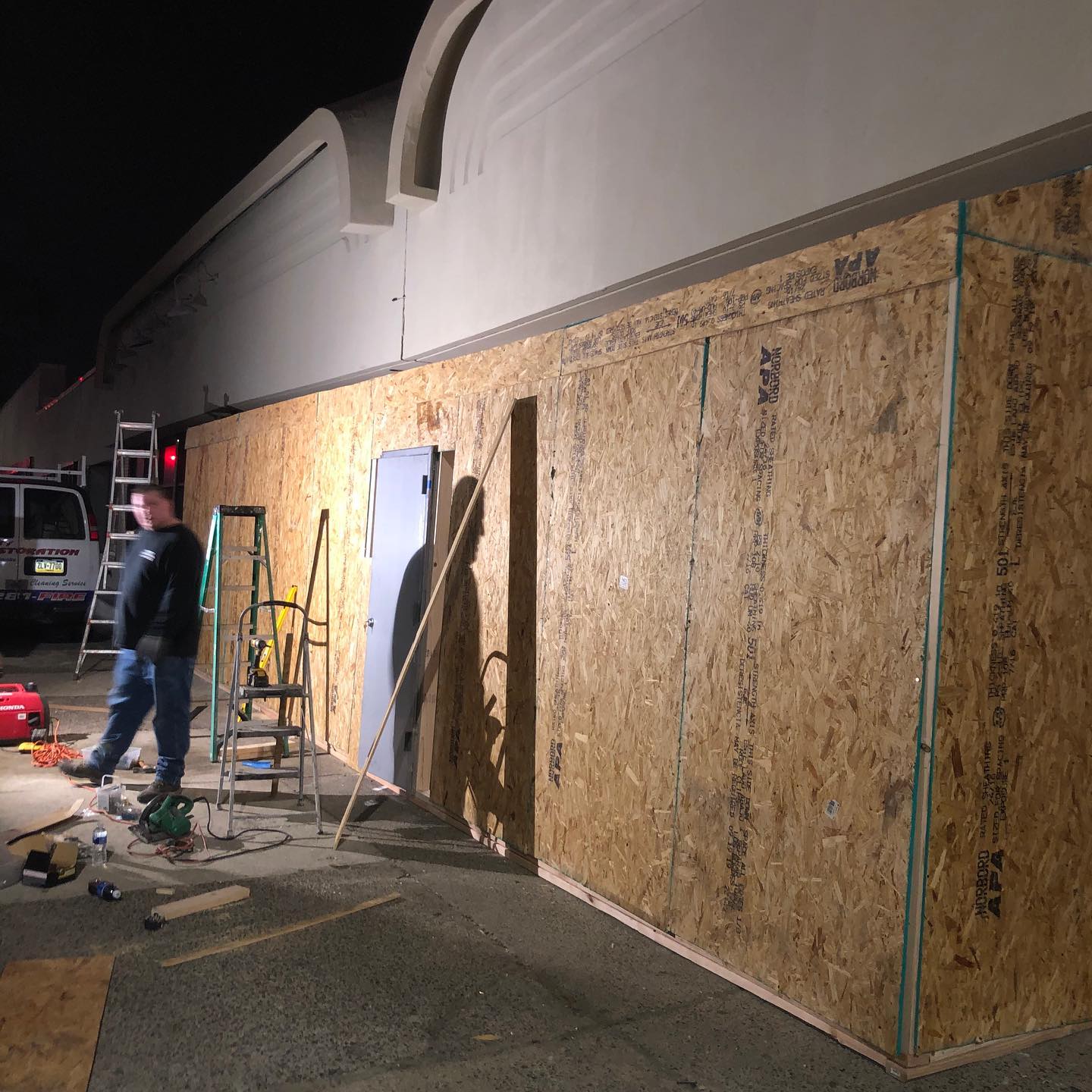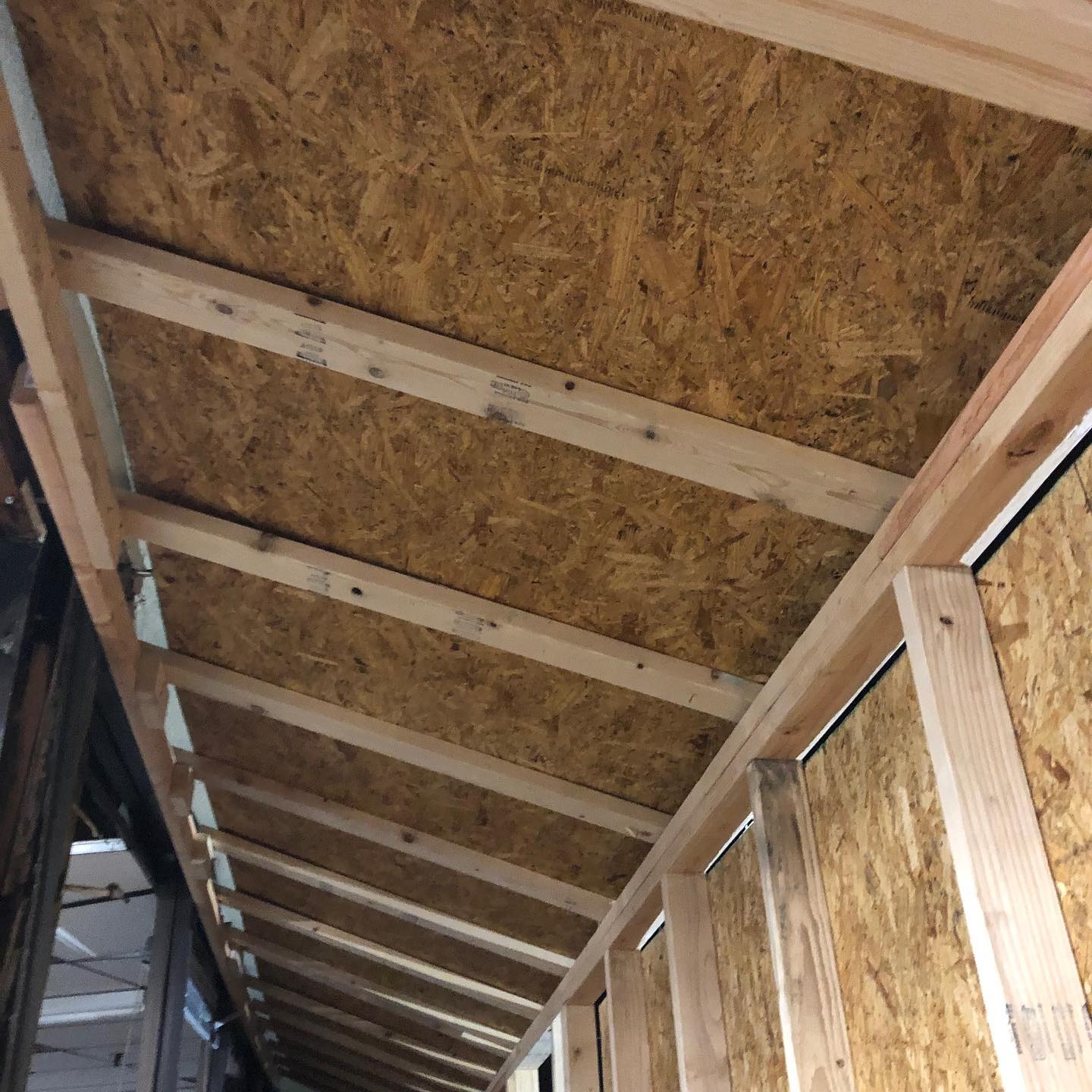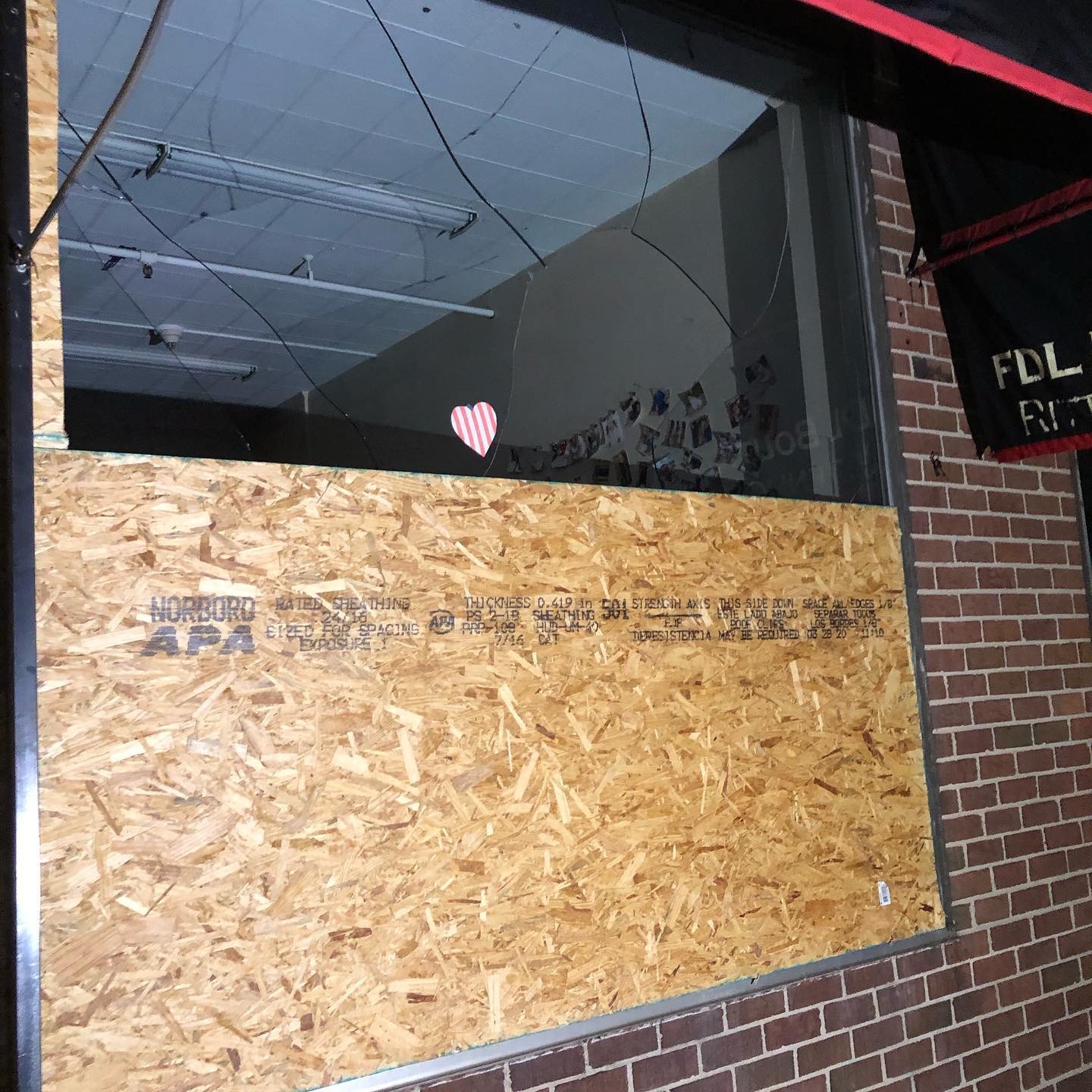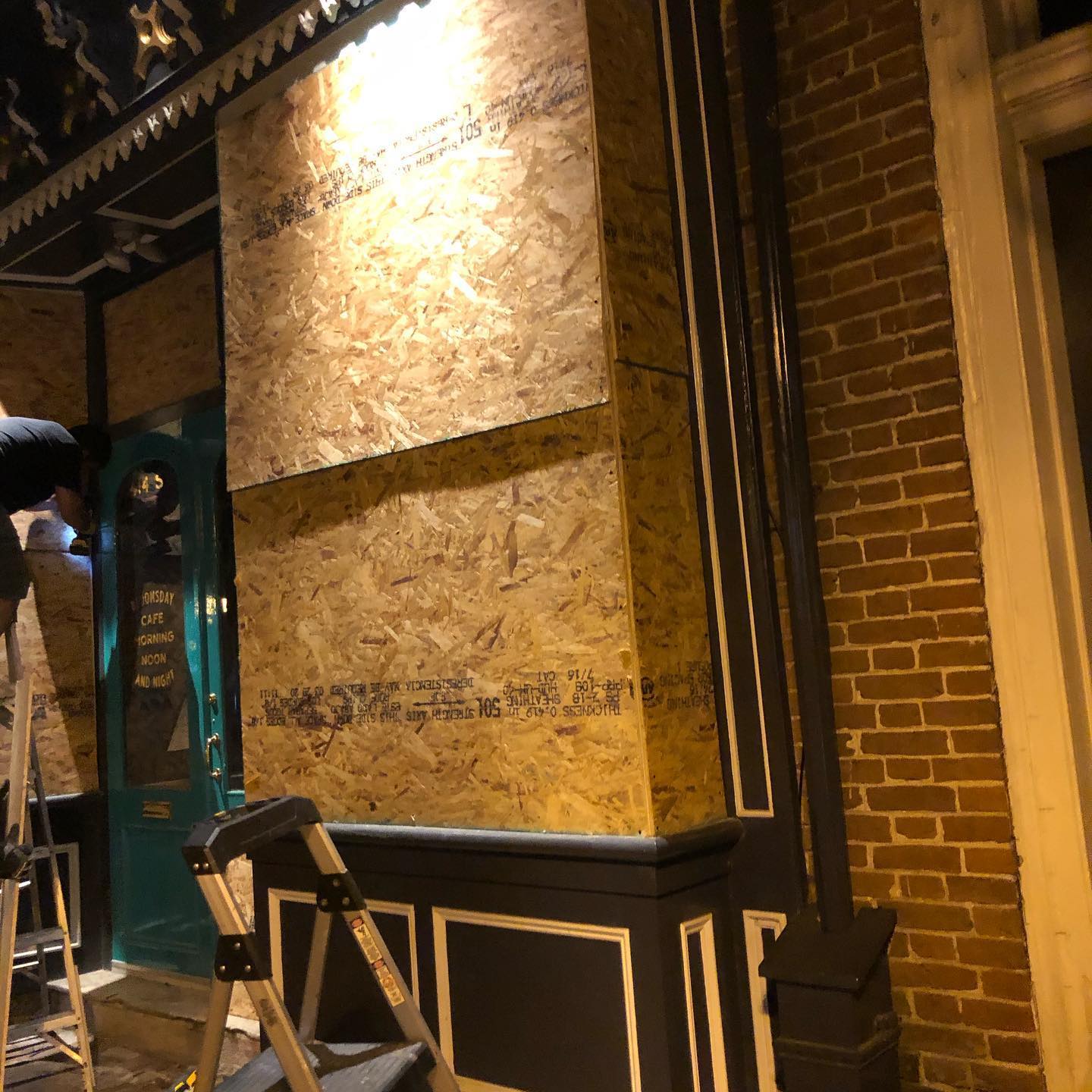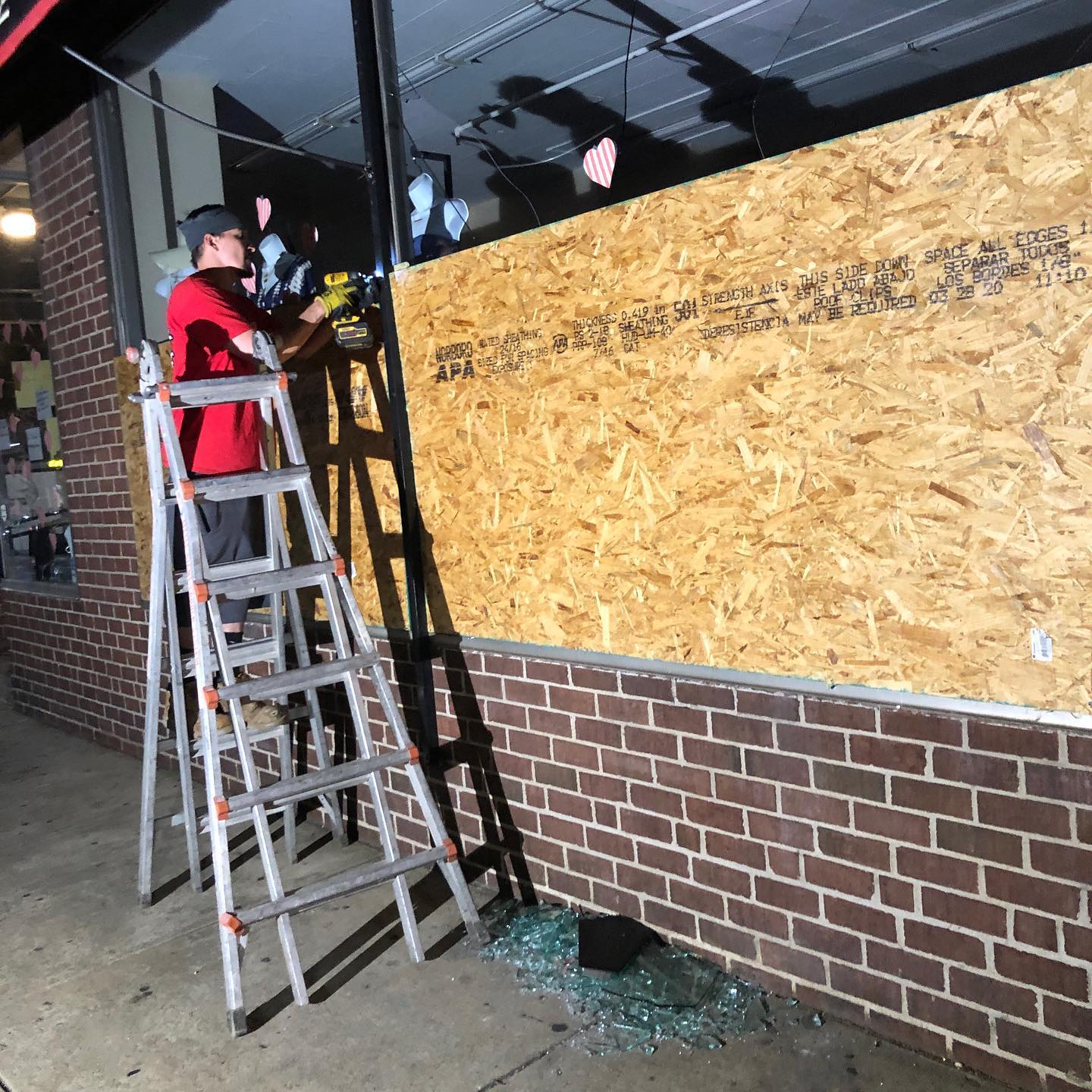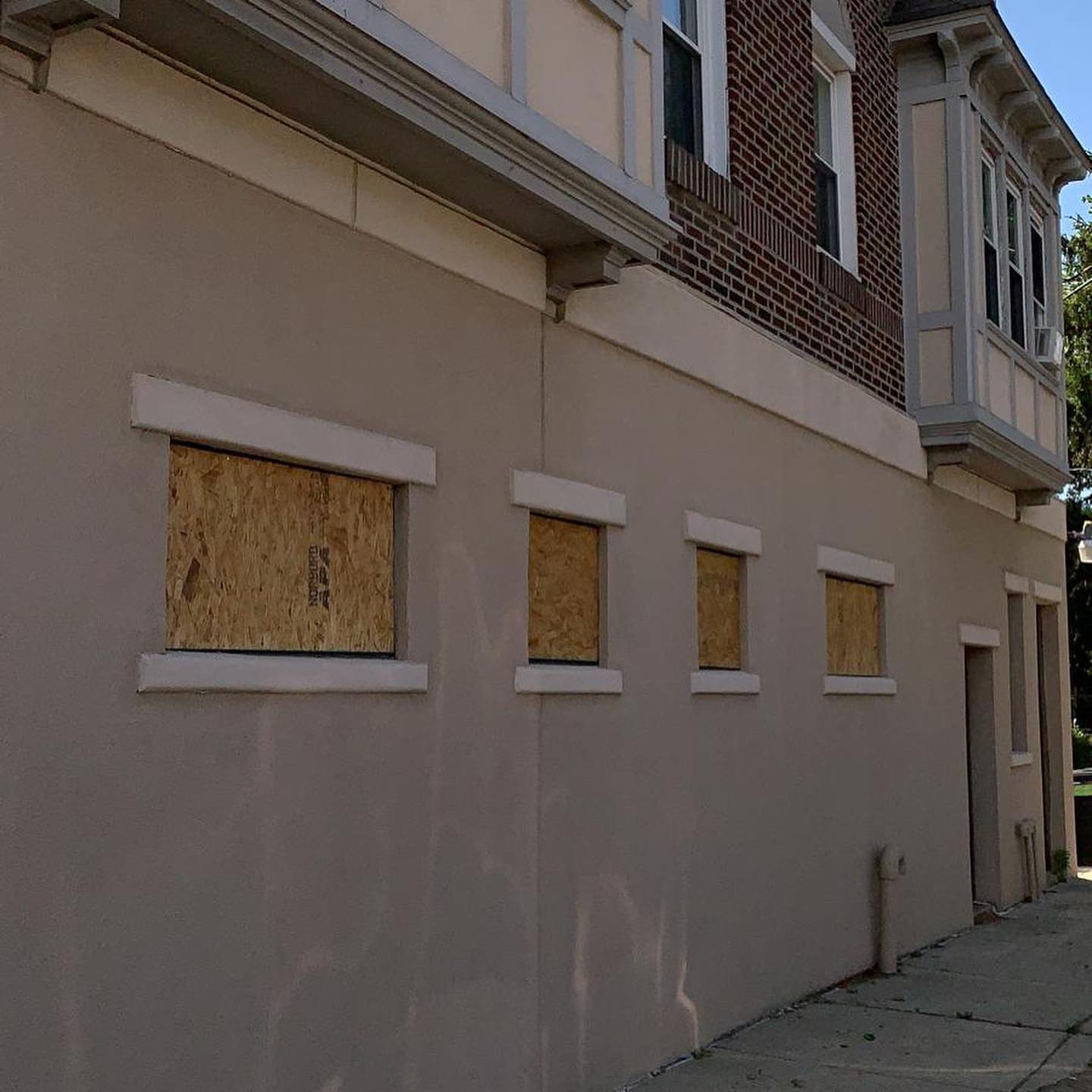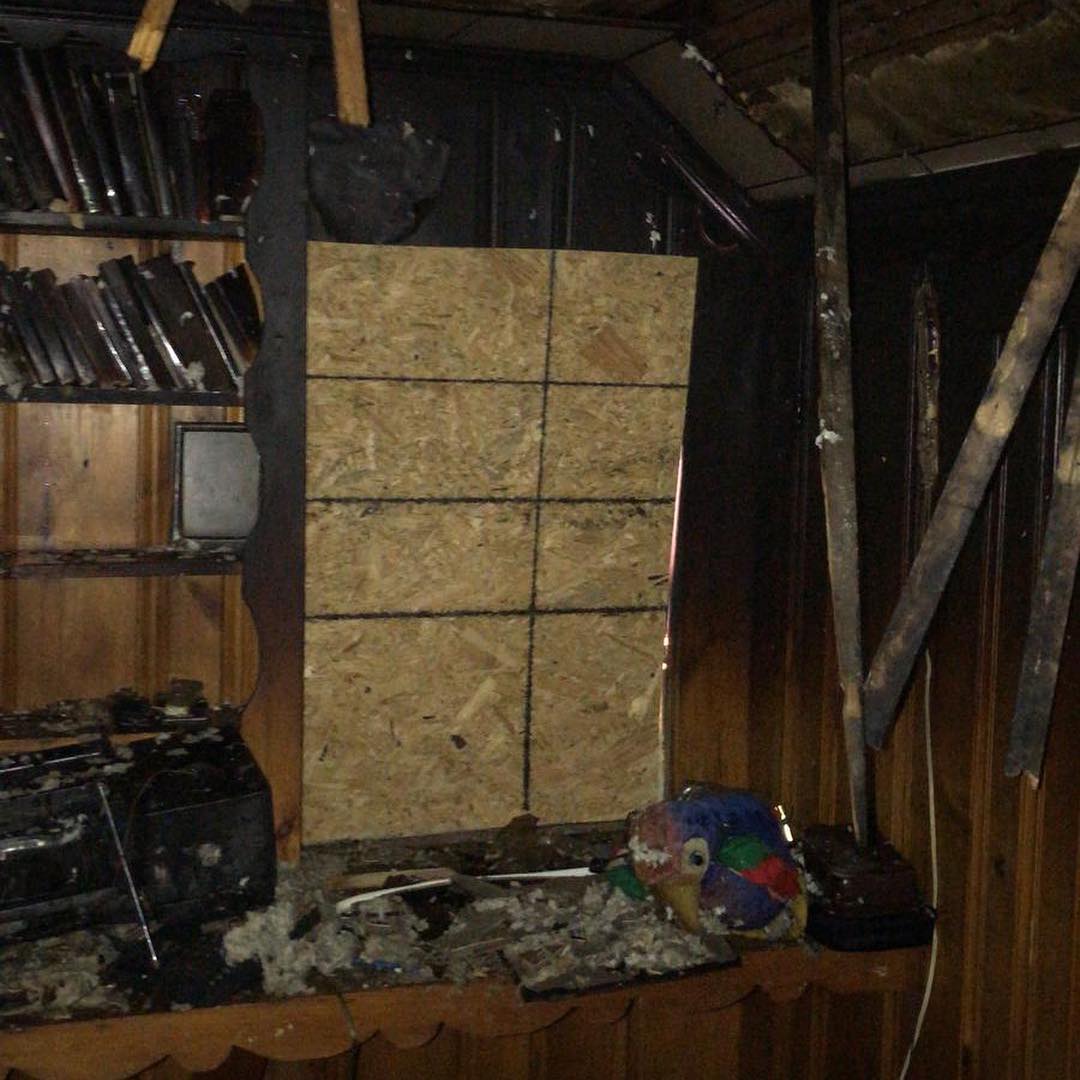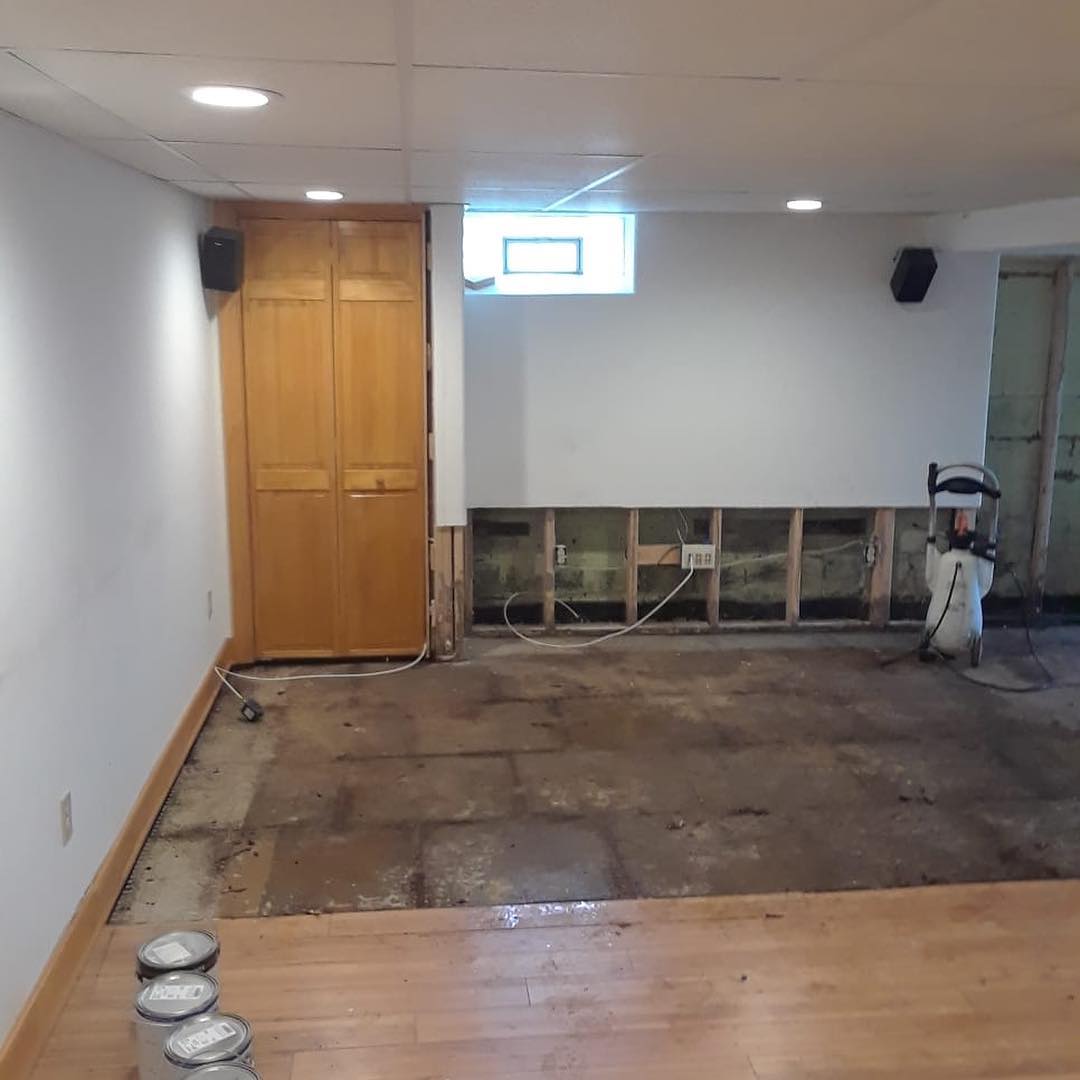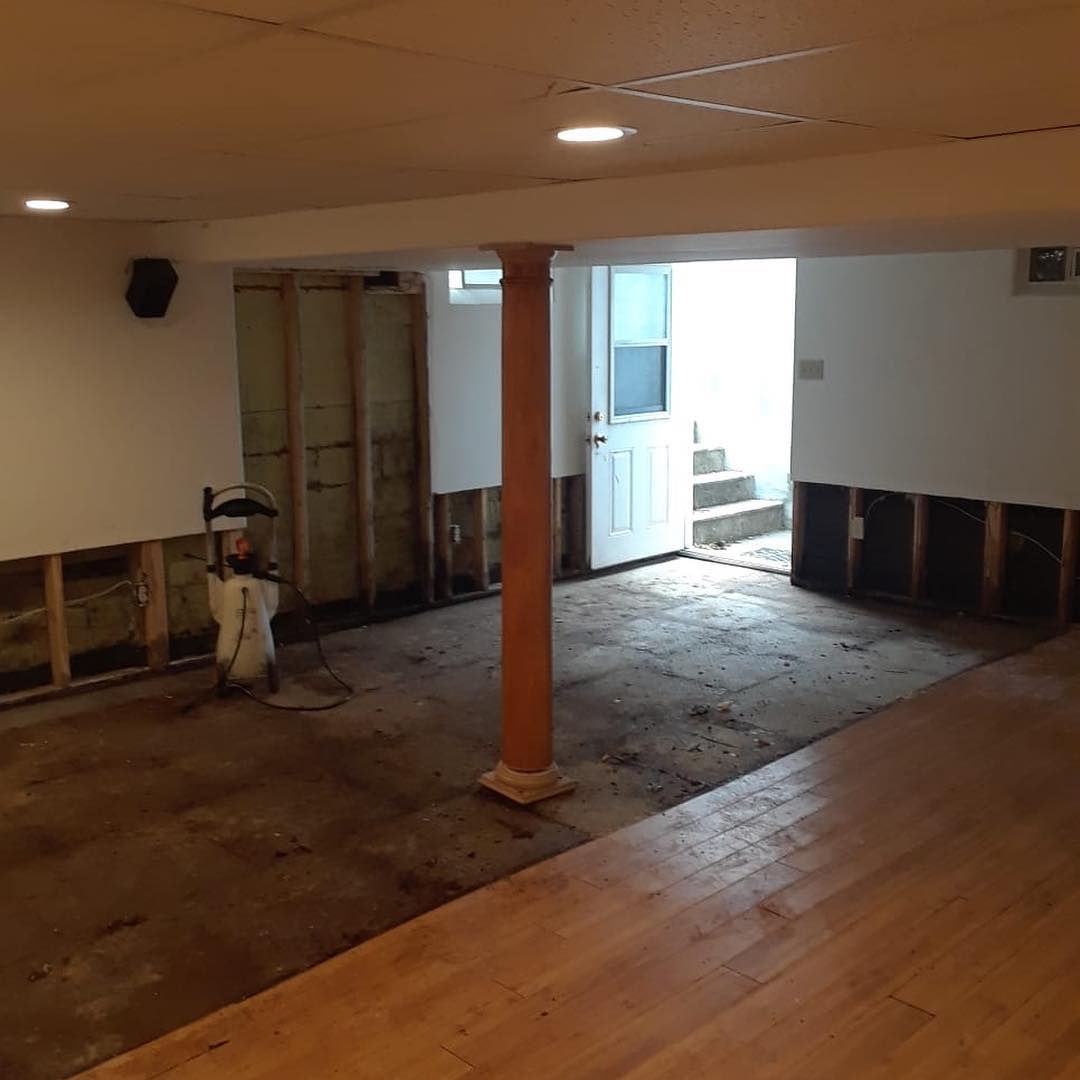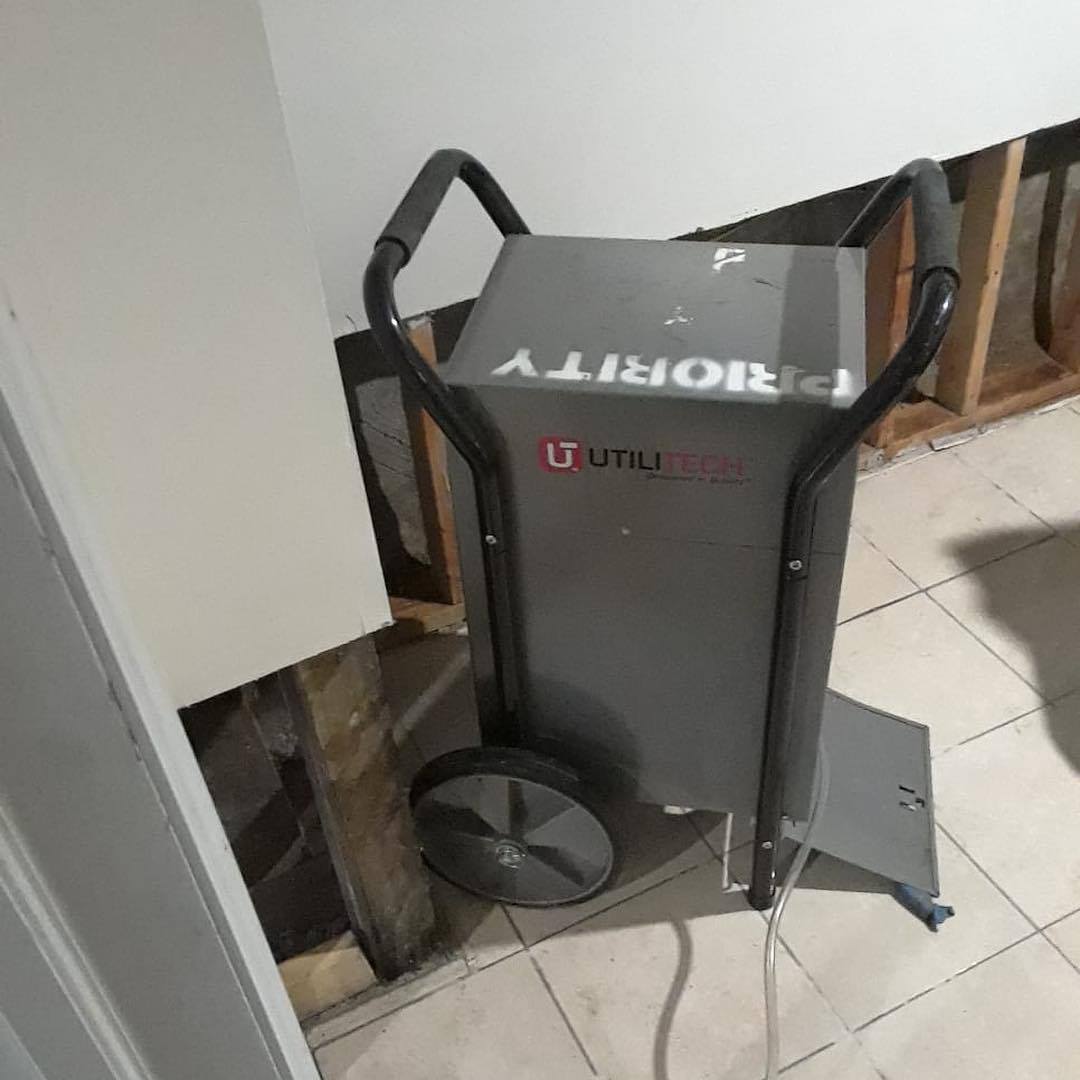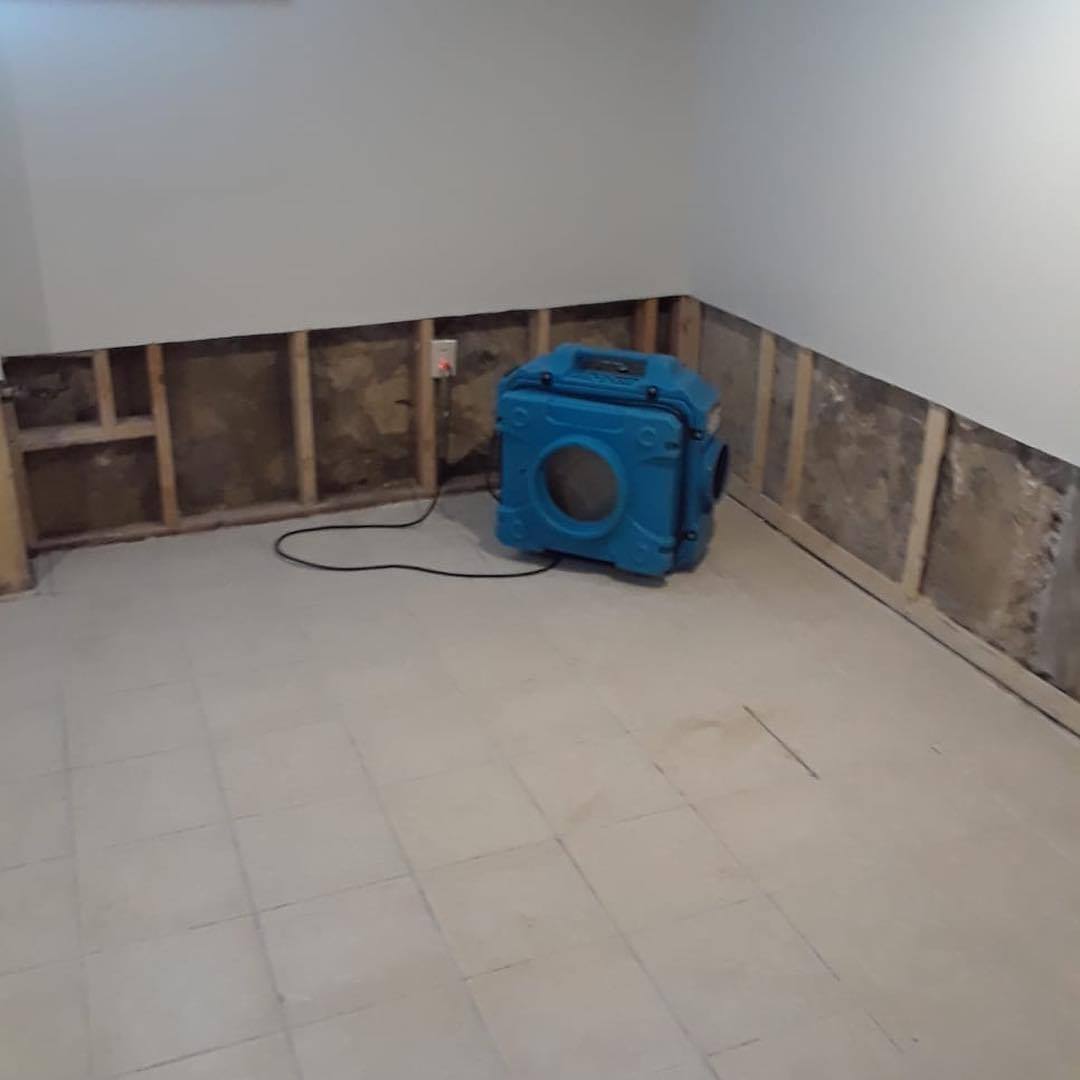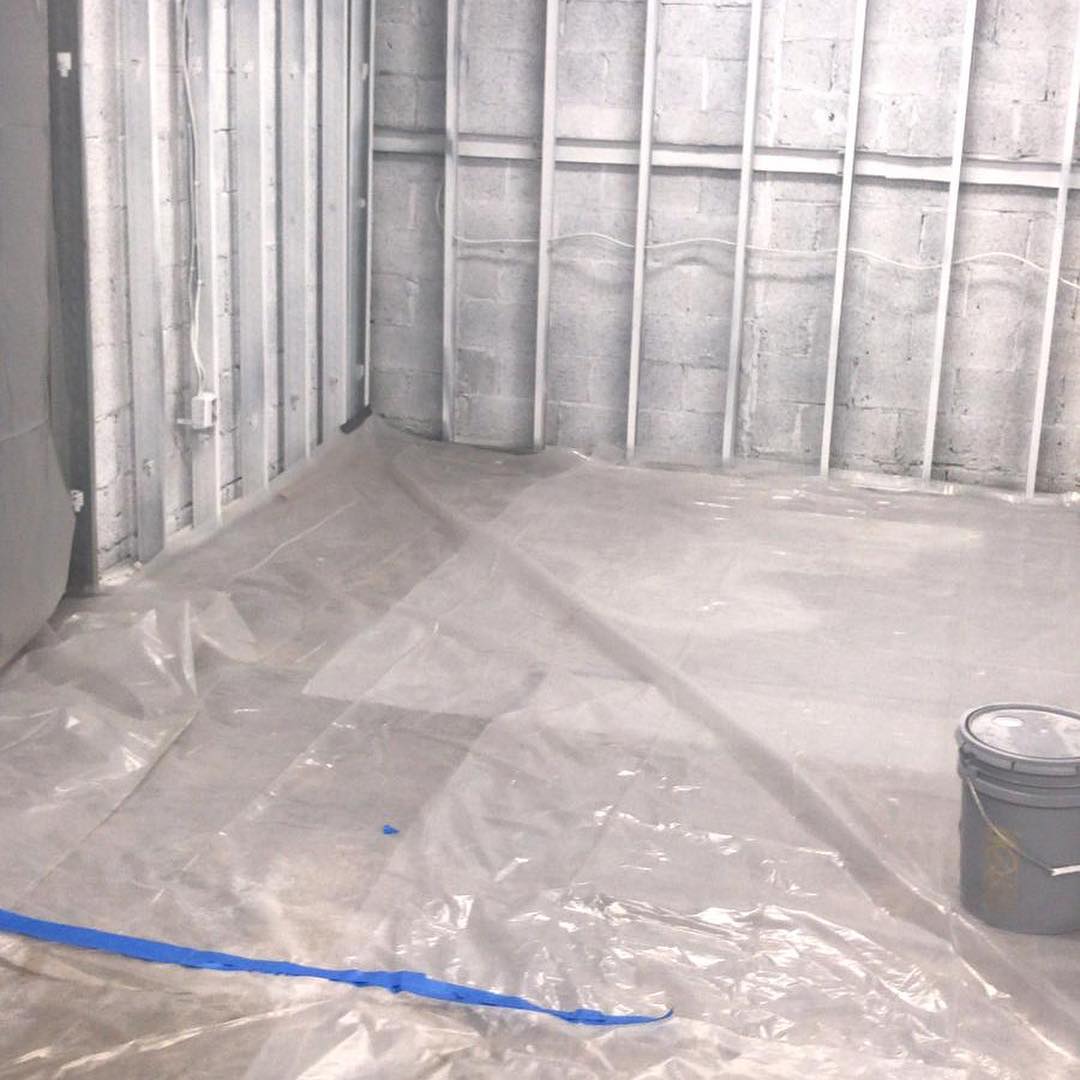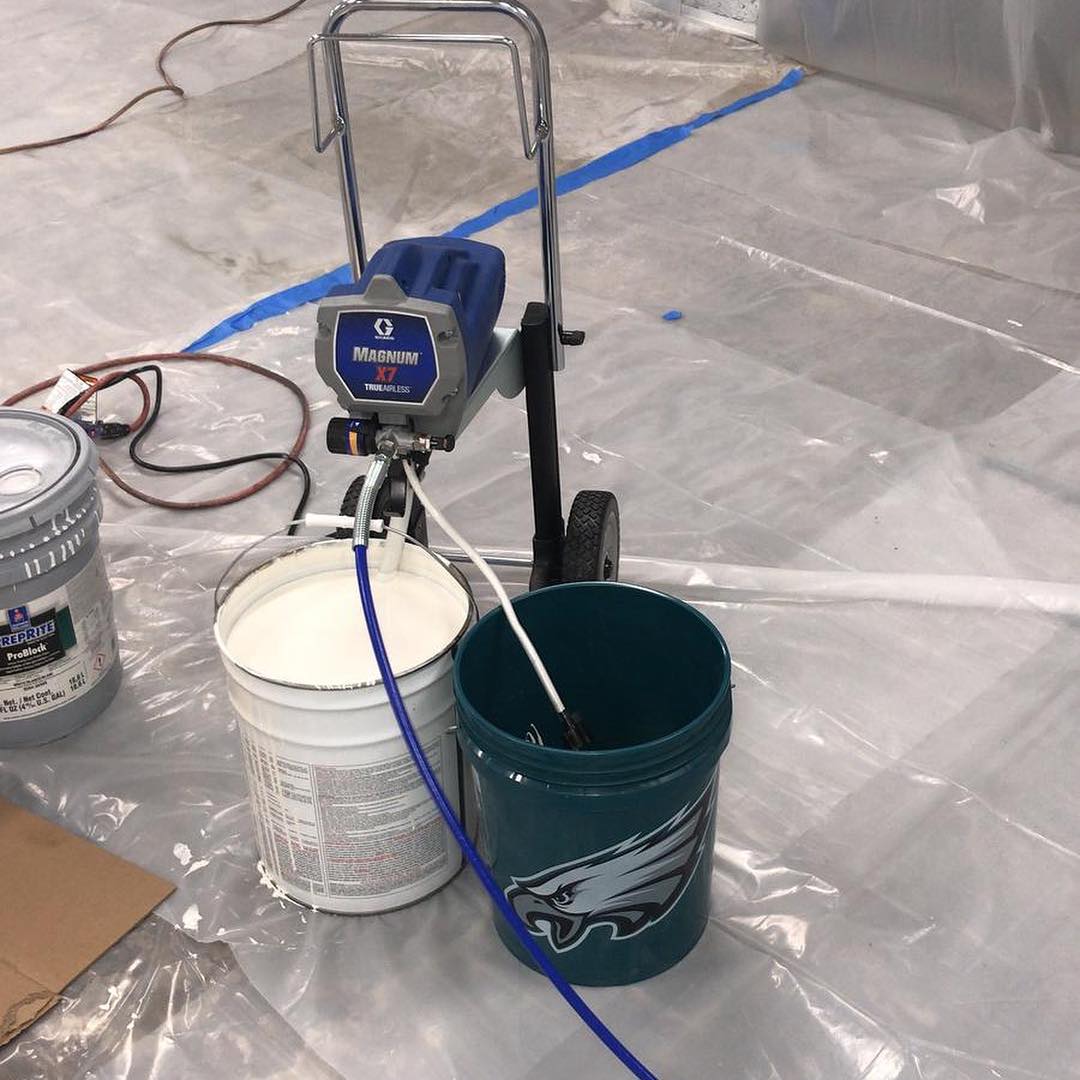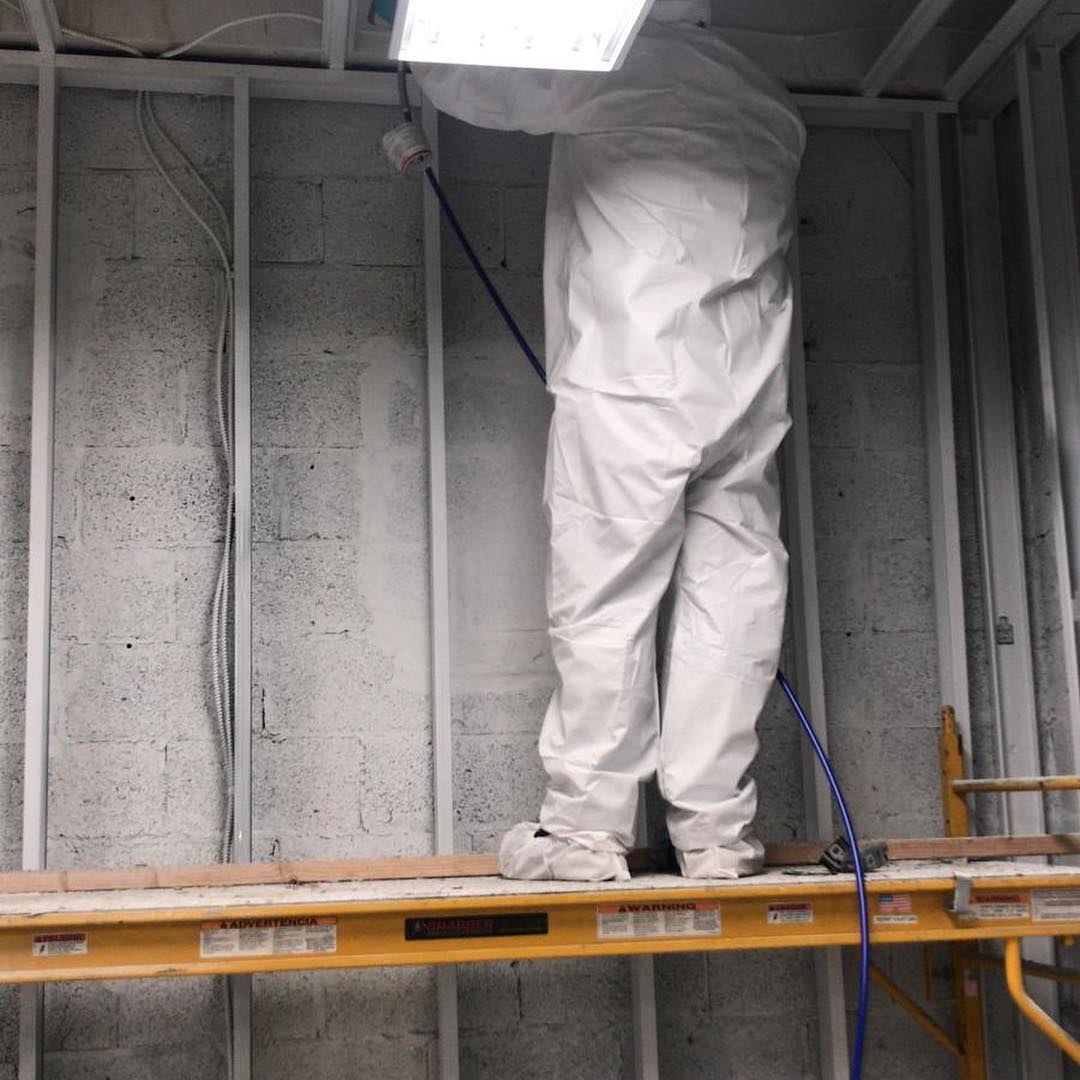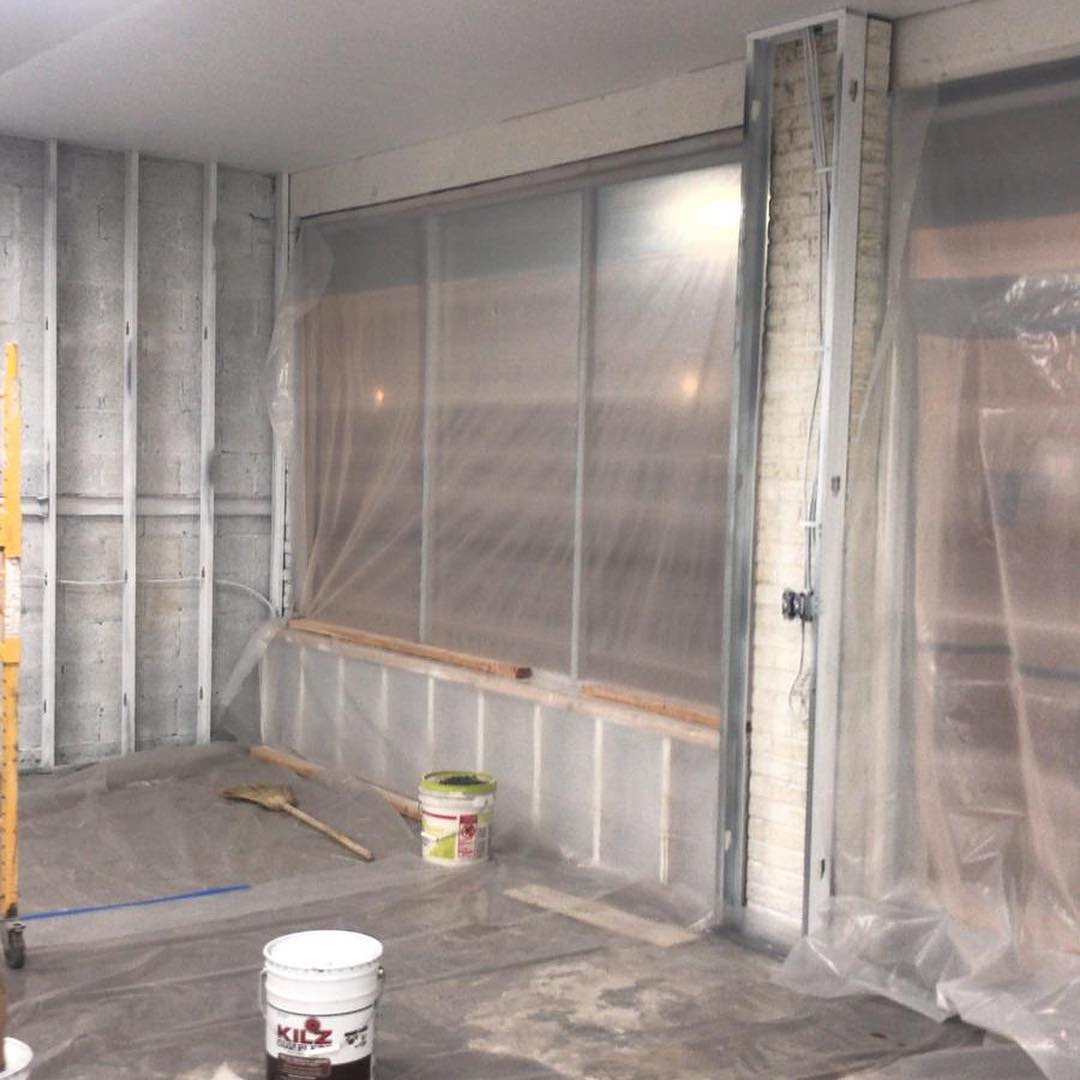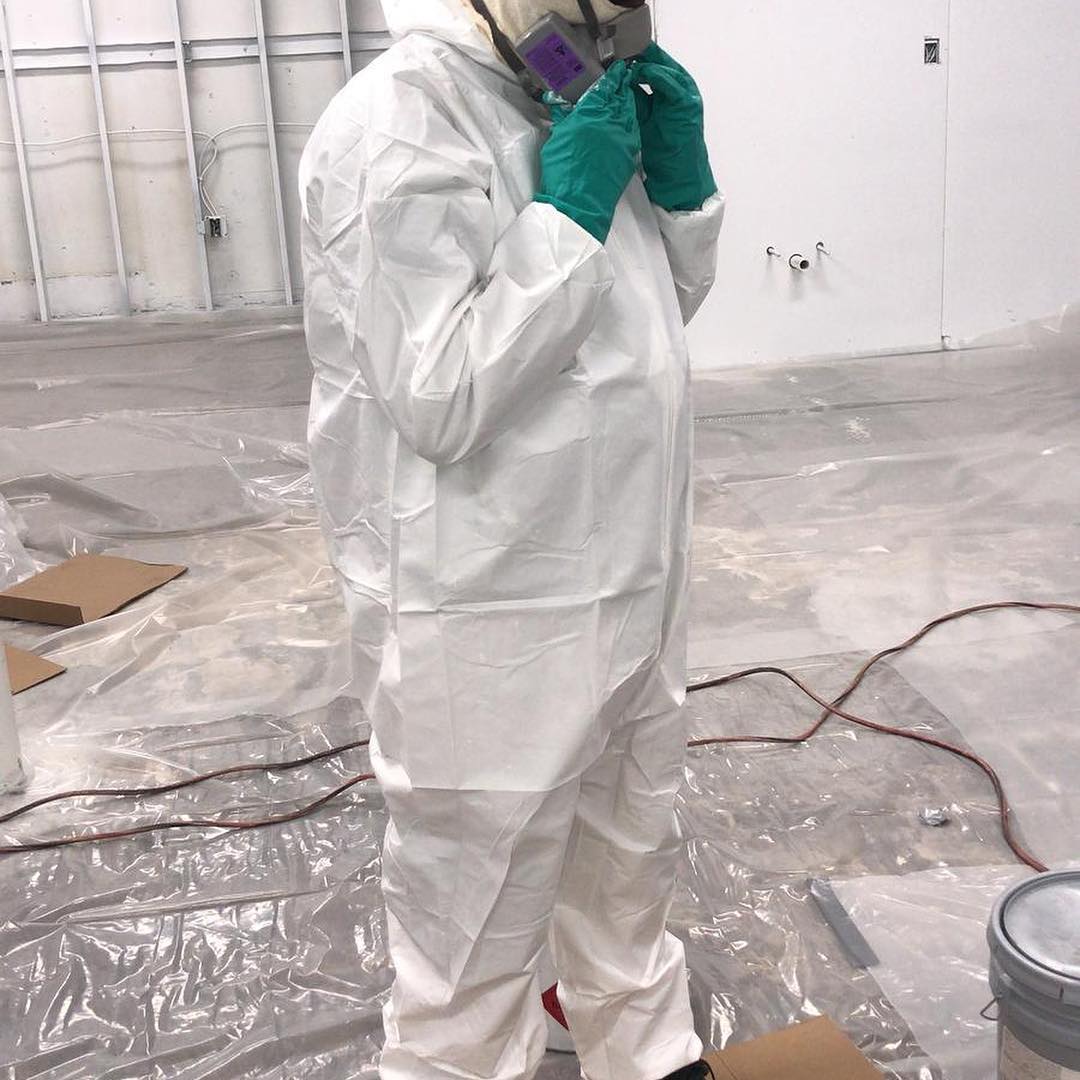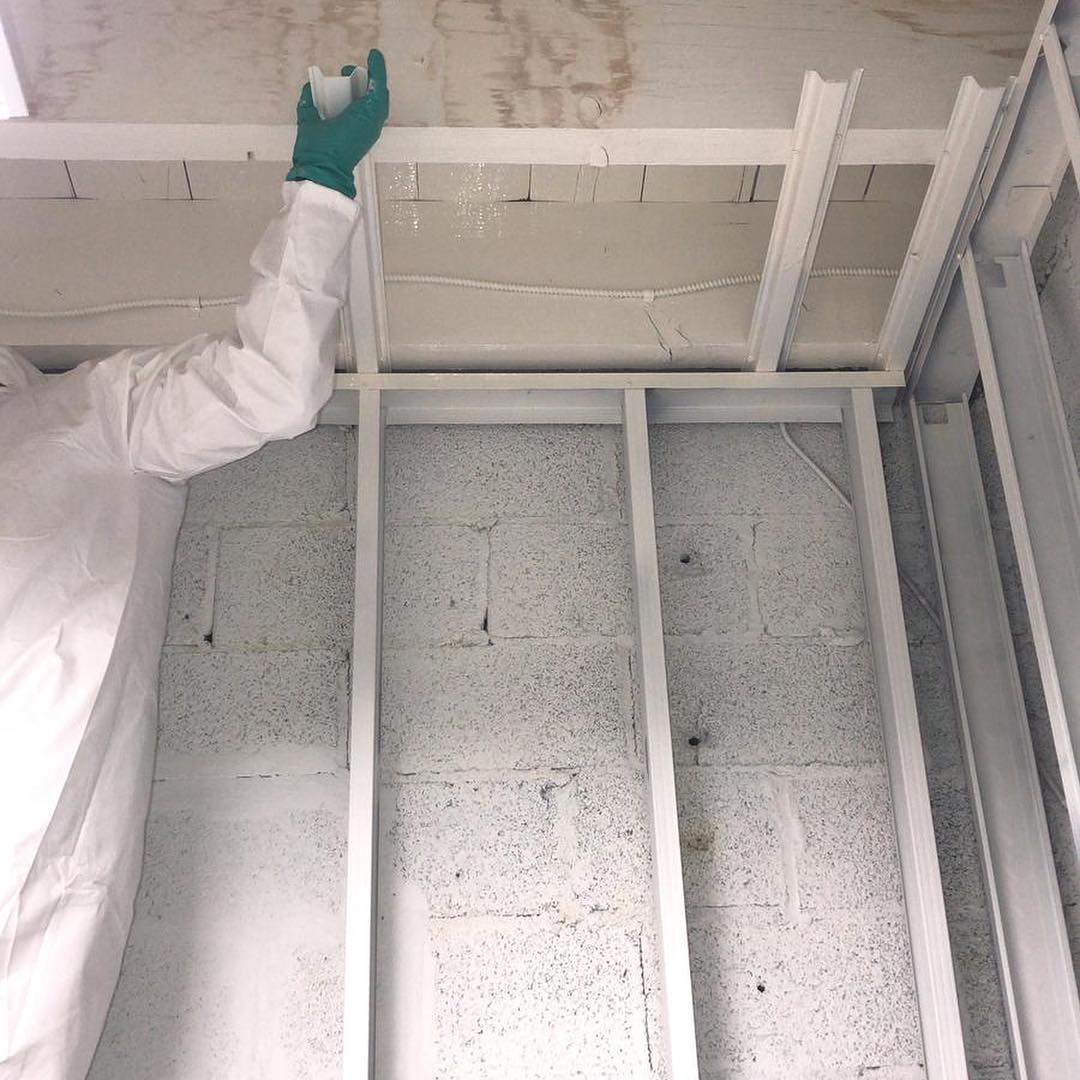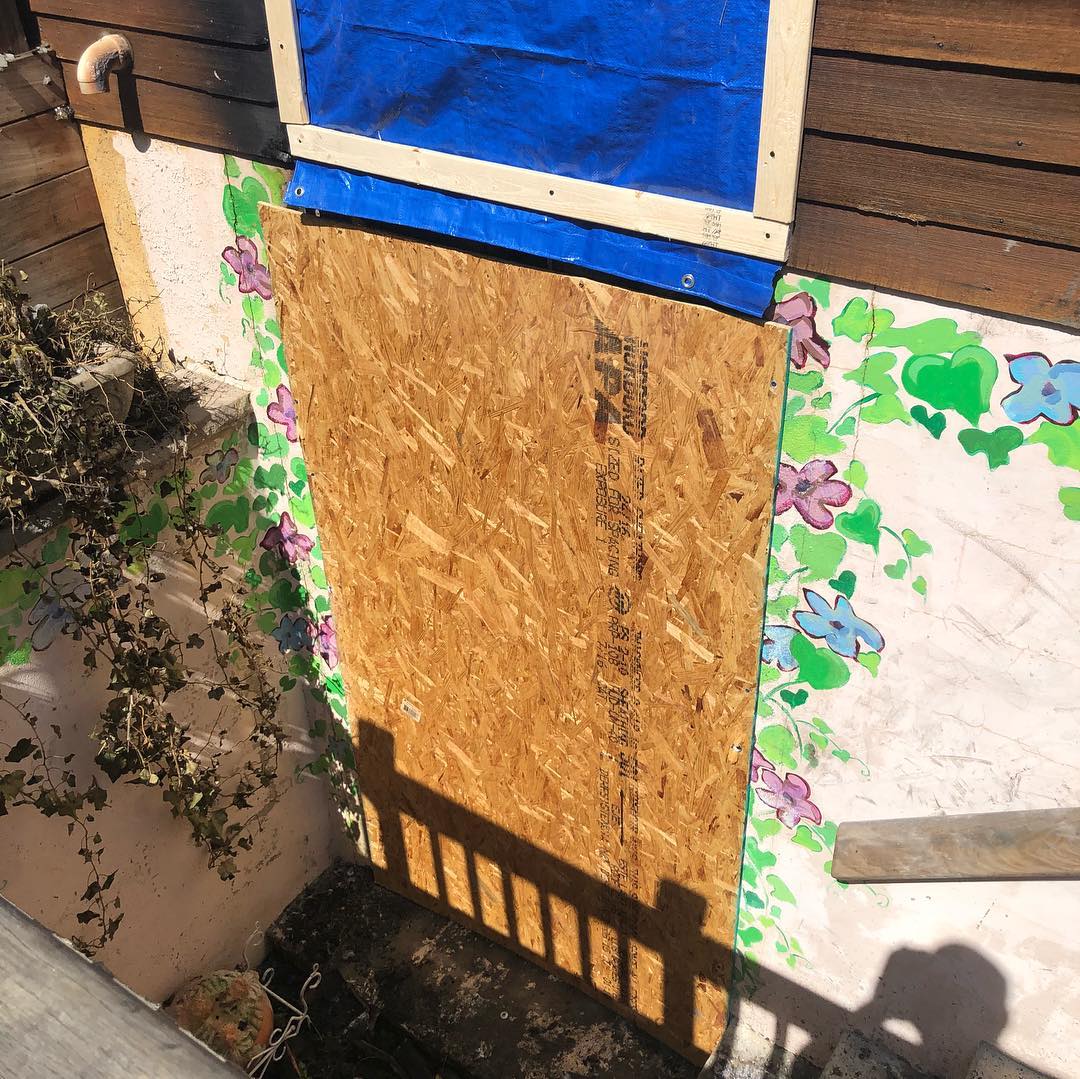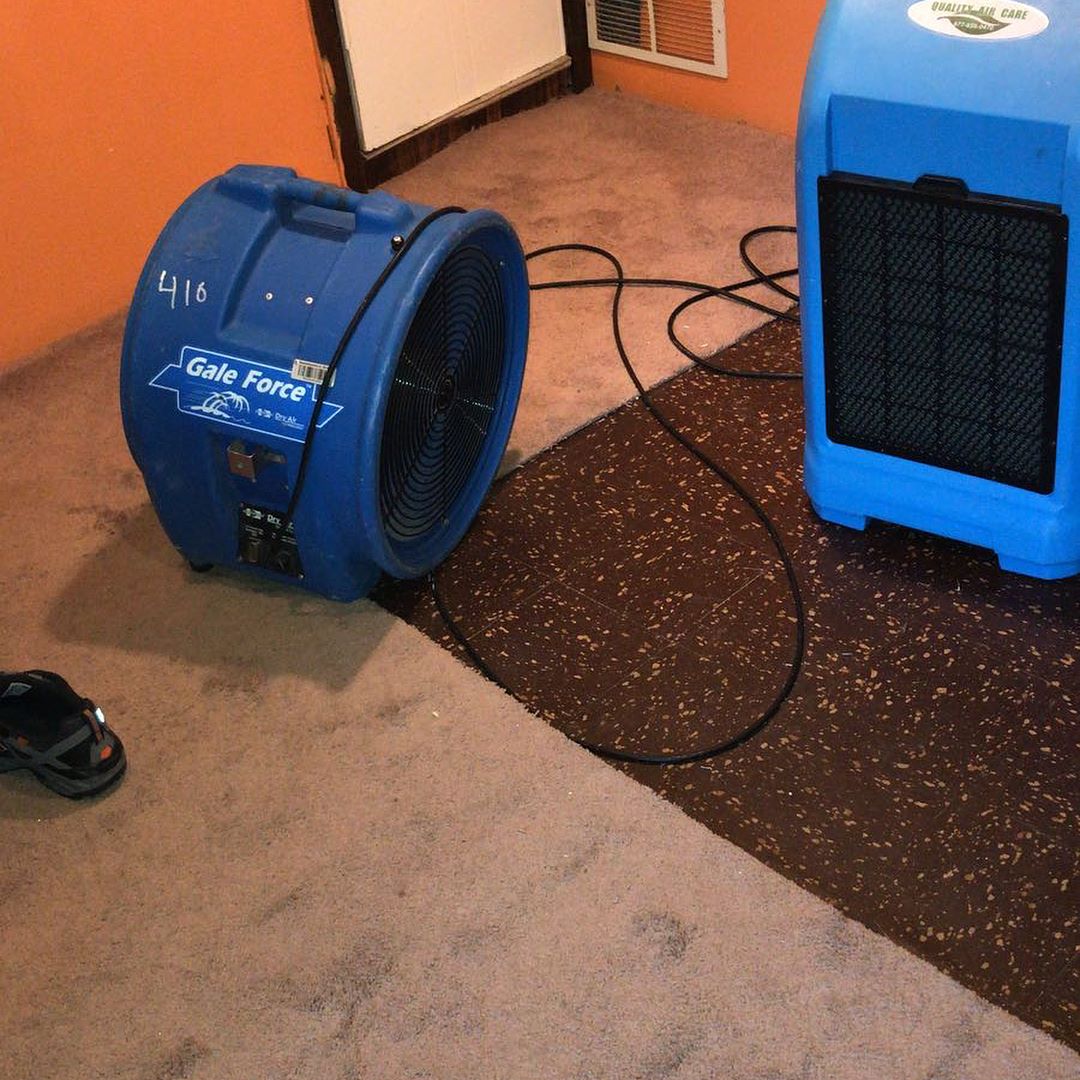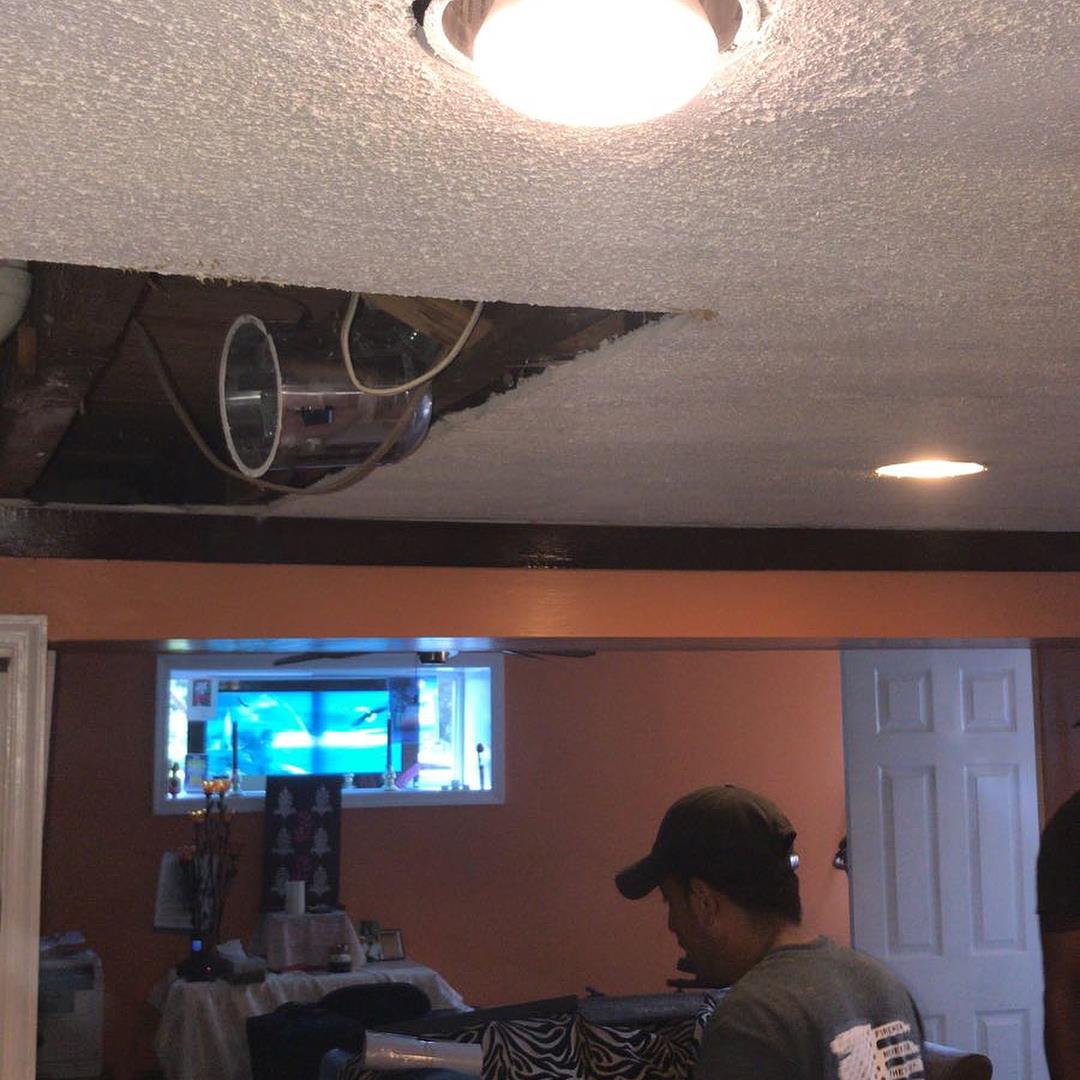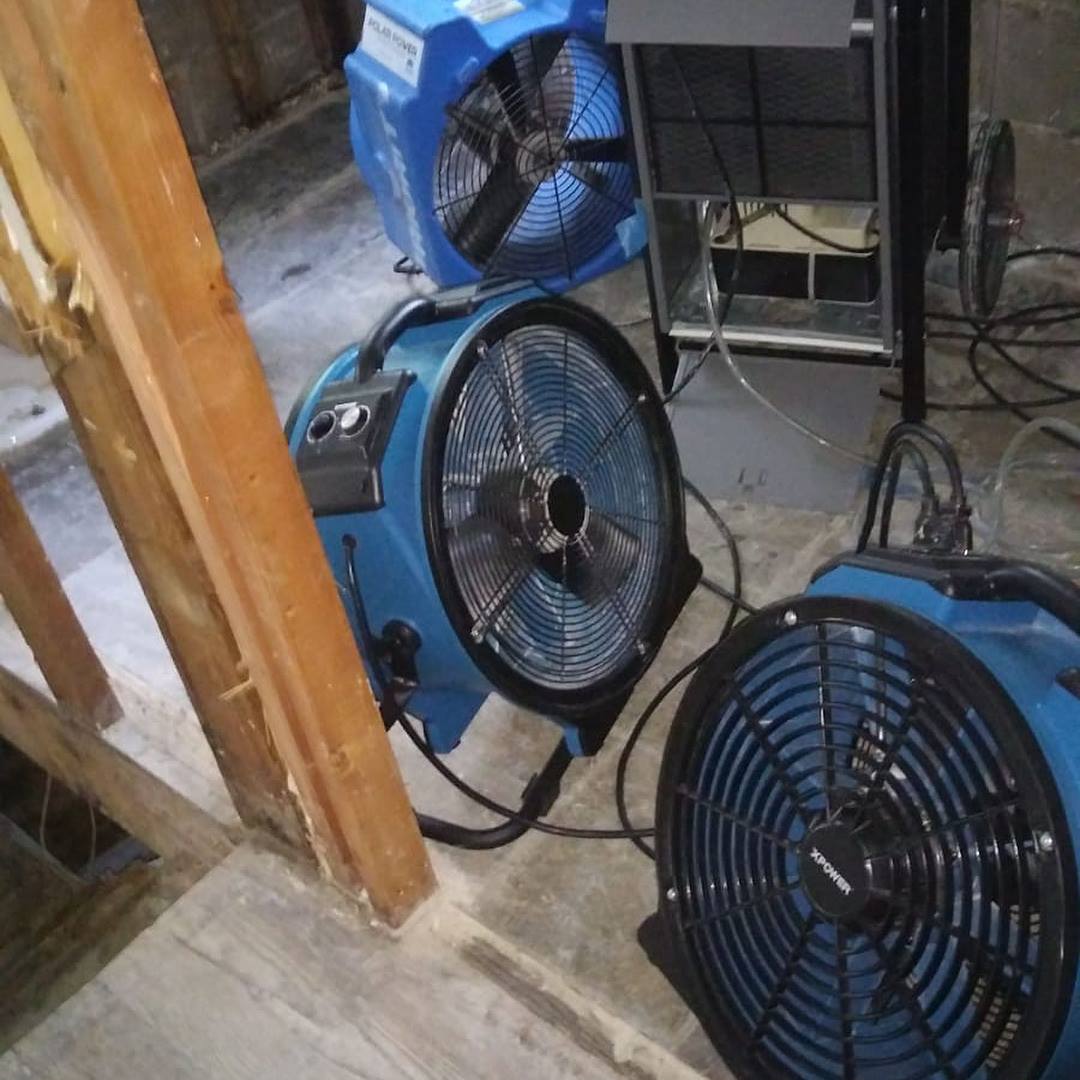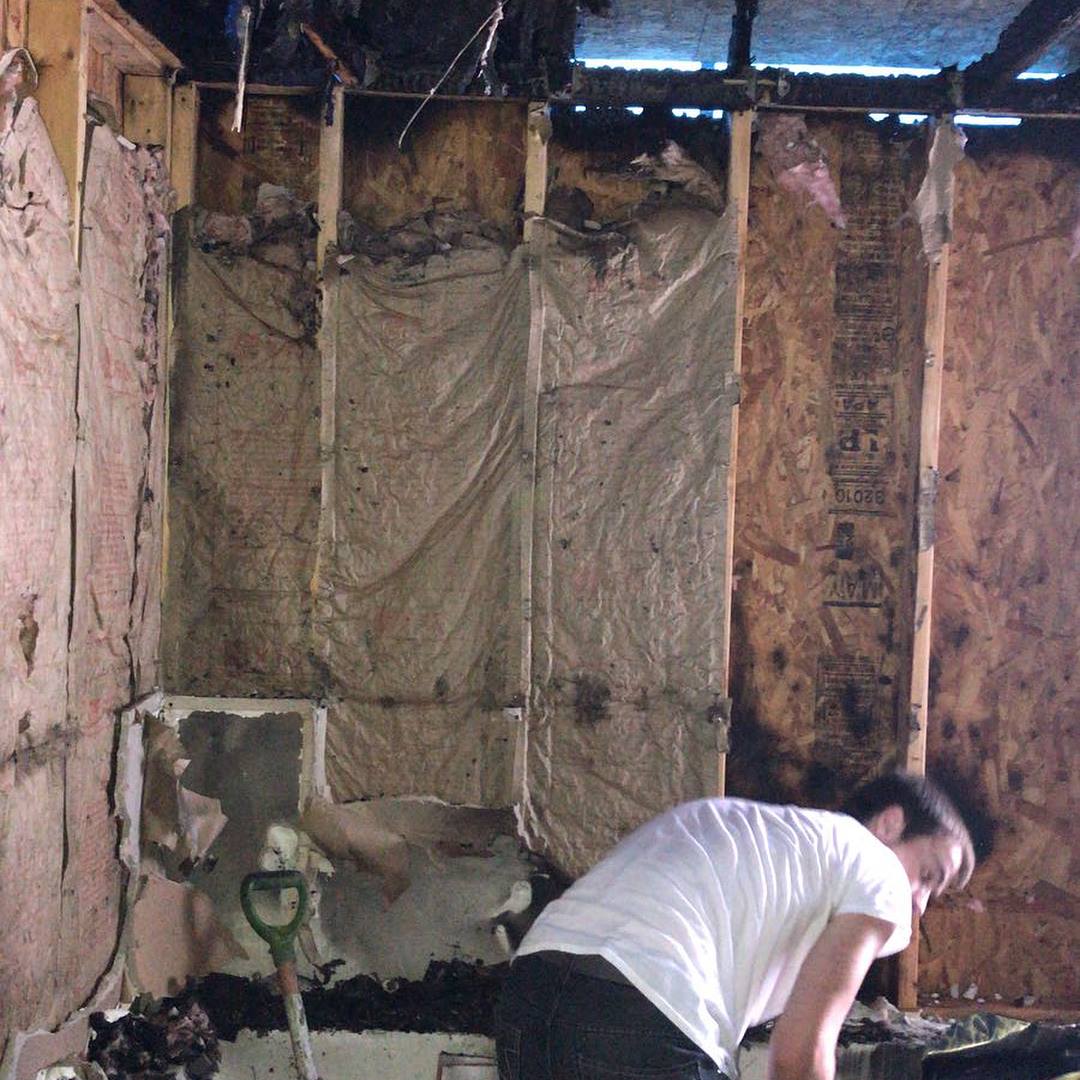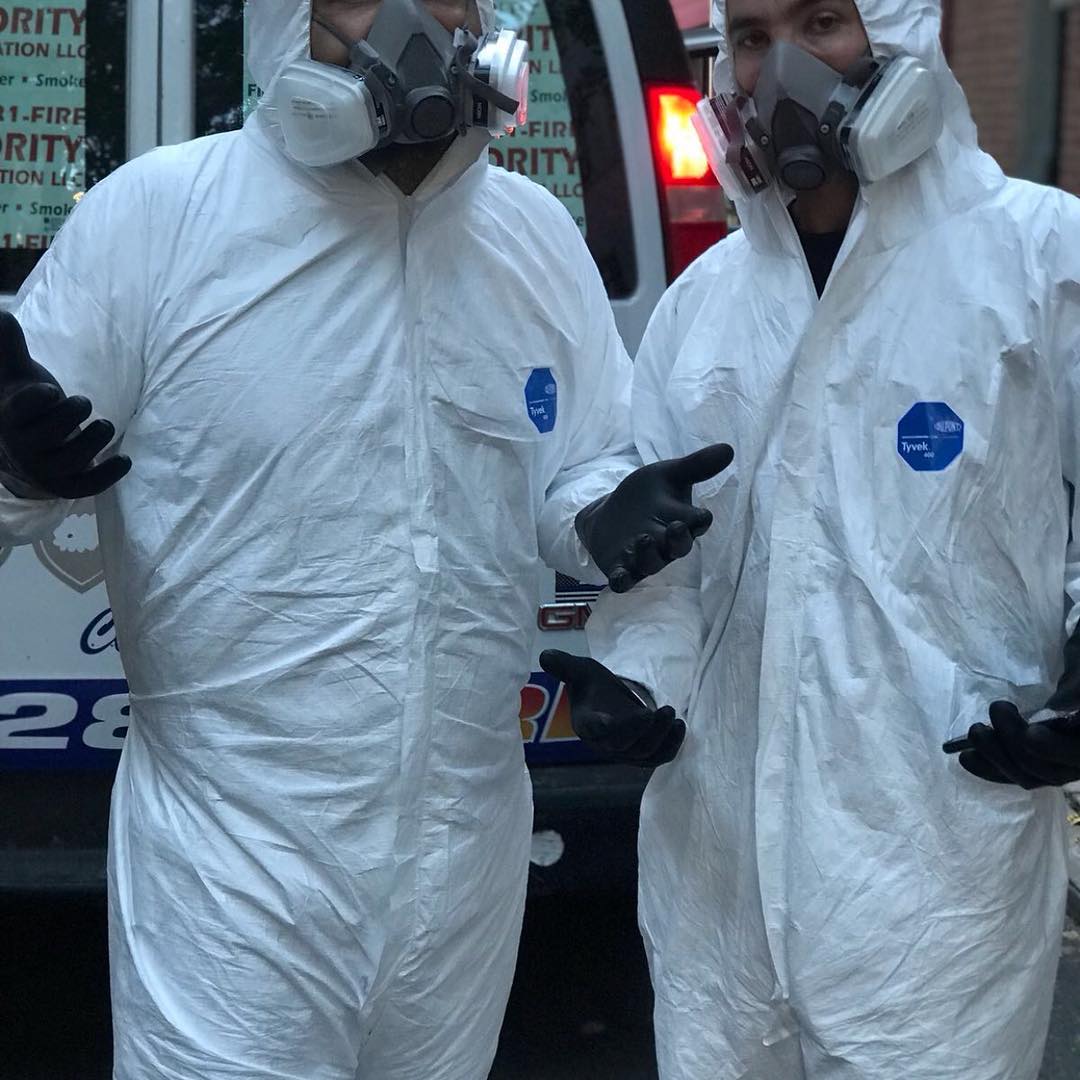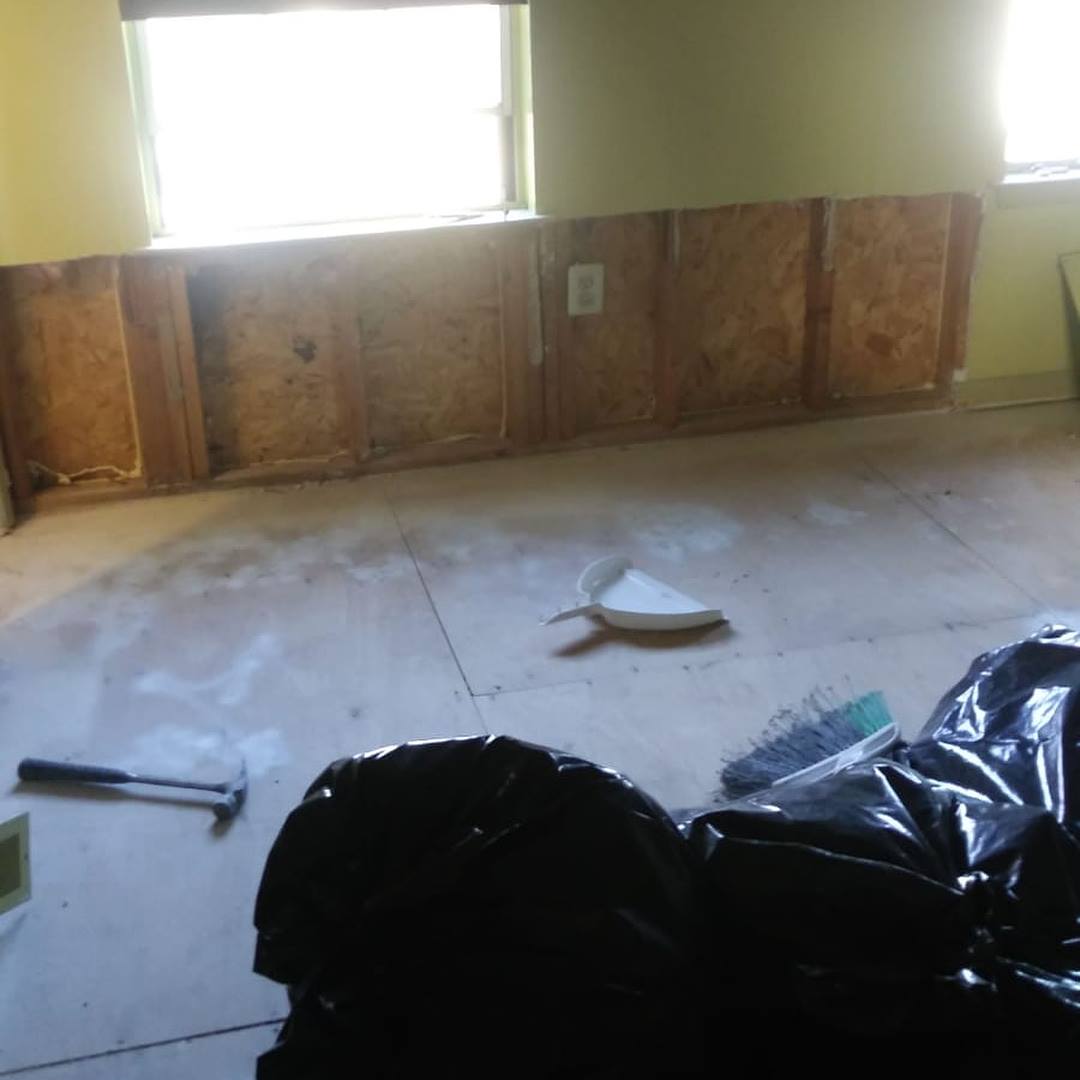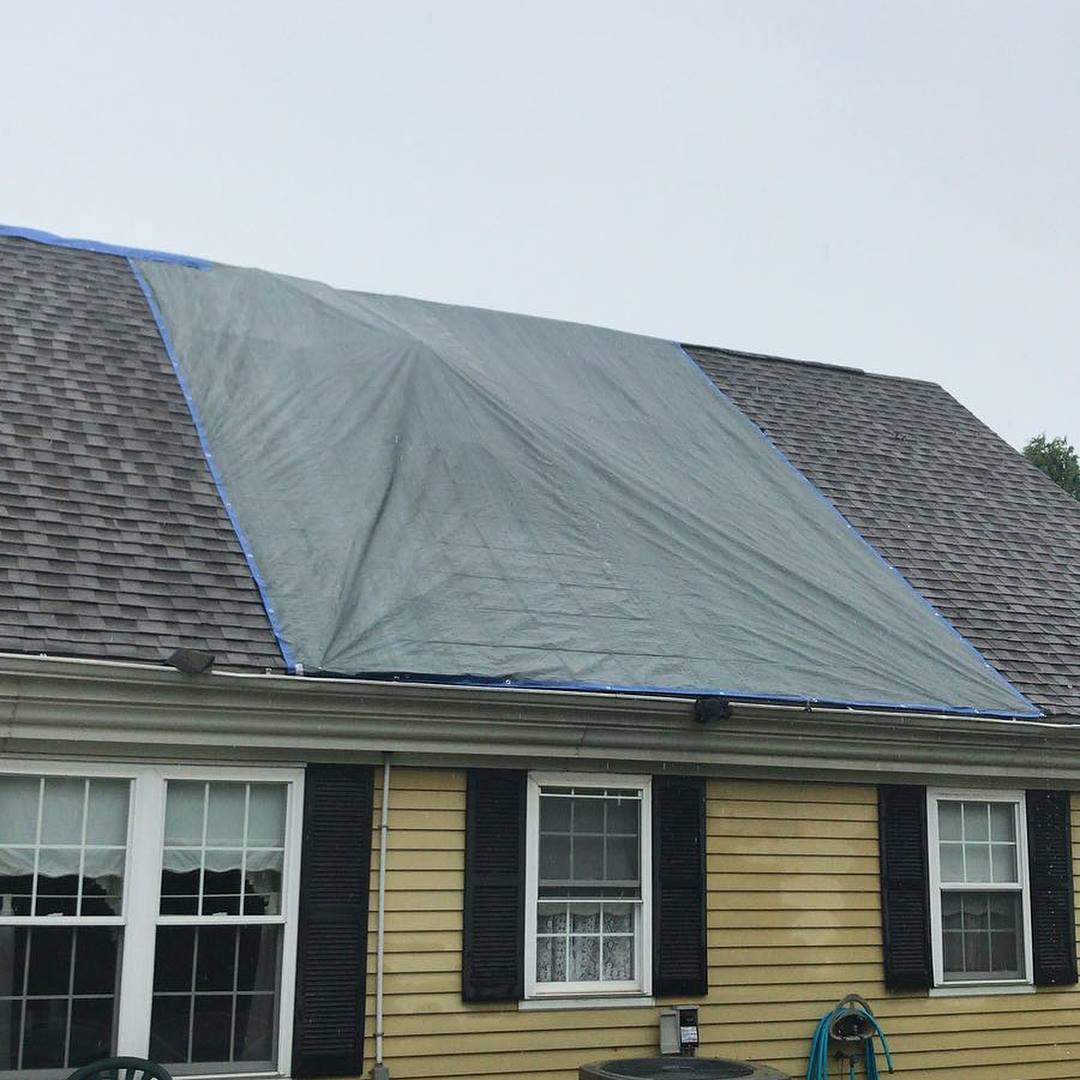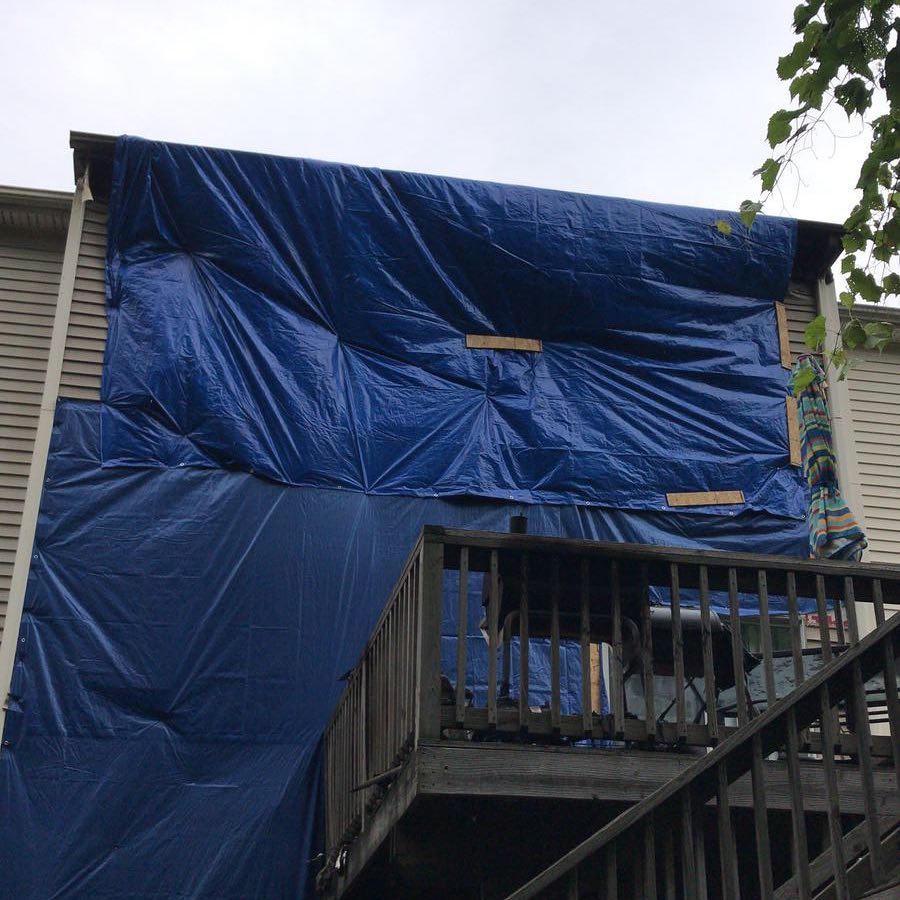
When dealing with water main flood damage, you need a reliable and local team of Philly damage restoration experts in your corner. We've restored 100s of properties, both residential and commercial, in the Philly area and we're ready to come out and help you 24/7.
We're certified, insured, and work with all insurance companies. We understand how overwhelming it can be dealing with unexpected damage so let us assist you with your claim so you can focus on getting your life back on track.

Request a Free Estimate
or call (445) 234-4123
By submitting the form, you agree to our Terms of Service and Privacy Policy.
At Philly Damage Restoration, we understand the devastating impact a water main flood can have on your property. Specializing in water damage restoration, we are committed to helping homeowners navigate the aftermath of water main breaks, leaks, bursts, and extensive water damage.
Causes of Water Main Breaks
Water main breaks can occur for various reasons, often resulting in significant flood damage. Common causes include:
- Aging Infrastructure: Many cities have aging water systems. Over time, pipes can corrode, weaken, and eventually burst, leading to water main breaks.
- Temperature Changes: Extreme temperature fluctuations, especially in winter, can cause the ground to expand and contract, putting stress on pipes and leading to breaks.
- Ground Shifts: Natural ground shifts or construction activities can displace or damage underground pipes, causing leaks or bursts.
- High Water Pressure: Excessively high water pressure can stress pipes beyond their capacity, resulting in leaks or bursts.
- Poor Installation: Inadequate installation or use of substandard materials can lead to premature pipe failure.
Insurance Coverage for Water Main Breaks
One of the primary concerns homeowners have after experiencing a water main flood is whether the damage is covered by their insurance policy. Generally, homeowner's insurance policies provide coverage for sudden and accidental water damage, which typically includes water main breaks. However, coverage specifics can vary, so it's crucial to review your policy details or consult with your insurance provider. Key considerations include:
- Flood Damage: Standard homeowner’s insurance policies usually do not cover flood damage from external sources. If the flood originates from outside the home, you may need separate flood insurance.
- Gradual Damage: Damage resulting from a slow leak over time may not be covered. Insurance companies often distinguish between sudden breaks and gradual issues.
- Deductibles and Limits: Be aware of your policy’s deductibles and coverage limits. Some policies may have sub-limits for water damage, which could impact the extent of your coverage.
City Liability
Determining liability for a water main break can be complex. While homeowners are typically responsible for pipes within their property boundaries, the city is generally accountable for maintaining and repairing public water mains. If a water main break occurs on city property and causes damage to your home, the city might be liable. However, this often depends on the specifics of the incident and local regulations. Steps to take include:
- Report the Break: Immediately notify the city or local water utility of the water main break.
- Document the Damage: Take photos and videos of the damage and keep records of any communications with the city or water utility.
- File a Claim: You may need to file a claim with the city or your insurance company. In some cases, you might need to pursue legal action to obtain compensation.
Preventative Measures
While some water main breaks are unavoidable, there are steps you can take to minimize the risk of water damage to your property:
- Regular Maintenance: Ensure your plumbing system is regularly inspected and maintained. Replace old or damaged pipes proactively.
- Monitor Water Pressure: Install a water pressure regulator to maintain safe pressure levels and prevent stress on your pipes.
- Prepare for Winter: Insulate pipes and take measures to prevent freezing during cold weather.
- Be Vigilant: Stay alert to signs of potential issues, such as unexplained damp spots, reduced water pressure, or unusual noises in your plumbing system.
Frequently Asked Questions Water Main Flood Damage in Philly
First, ensure your safety and turn off the water supply if possible. Avoid any contact with the water if it's contaminated. Then, call Philly Damage Restoration for emergency water damage cleanup. Document the damage with photos and videos for insurance purposes.





















